- Barcelona Catalonia is participating in the Expo Real 2025 real estate trade fair, taking place in Munich (Germany) now through Wednesday 8 October.
- Flagship projects include Parc de l’Alba in Cerdanyola del Vallès, Boscarró Nord in Tàrrega (with opportunities for the logistics sector), Barcelona La Sagrera, Tres Xemeneies-Digital Hub in Sant Adrià de Besòs, and the new innovation ecodistrict in Sant Feliu de Llobregat, all aimed at attracting investment and talent to the region.
Barcelona Catalonia — a partnership of the Government of Catalonia (through INCASÒL), the Barcelona City Council and the Barcelona Metropolitan Area (AMB) — is attending Expo Real 2025 for the 18th consecutive year. This leading international real estate event is taking place in Munich, Germany, now through Wednesday 8 October.
As a meeting point for the global property industry and one of the most important events of the year, EXPO REAL serves as a vital barometer of the sector’s mood and trends. Claudia Boymanns, the event’s director, recently highlighted, “EXPO REAL brings together key players from politics, real estate and finance to discuss solutions to the challenge of affordable housing”, highlighting one of the sector’s most pressing issues.
Under the tagline Where else?, Barcelona Catalonia is presenting a selection of projects throughout the region, offering investment opportunities for all sectors. The initiative positions Barcelona and Catalonia as prime destinations for investment and new ventures, while reaffirming their commitment to inclusive, sustainable, cohesive development models.
Barcelona Catalonia is a strategic hub for sustainable, innovative, competitive real estate investment in Europe
The Barcelona Catalonia booth will host a series of meetings, talks and presentations aimed at promoting Barcelona and Catalonia as places for innovation, investment, living and working. This year, the Government of Catalonia, through INCASÒL, is spotlighting the Boscarró Nord area in Tàrrega, which offers XXL plots for logistics use; and the Parc de l’Alba district in Cerdanyola del Vallès, where 5,000 new homes are planned, half being various forms of social housing. These projects complement a broad portfolio of economic-activity land for investment throughout Catalonia. Meanwhile, the Barcelona City Council is highlighting its role as a city of science and innovation, showcasing areas such as 22@ nord, the development around the new Hospital Clinic, and the Ciutadella Knowledge Hub. Other major urban-transformation projects include the redevelopment of the area surrounding the future La Sagrera station.
The AMB’s Economic Development Agency is also returning to the fair, this time supporting six metropolitan municipalities to promote their urban-development projects internationally: Cerdanyola del Vallès, Cornellà de Llobregat, Gavà, Sant Adrià de Besòs, Sant Feliu de Llobregat and Viladecans. Under the theme ‘Discover the Metropolitan Opportunities’, the Barcelona Catalonia booth will showcase investment opportunities including Gavà (Pla de Ponent, Can Cerdans and Llevant Mar), Sant Adrià de Besòs (Les Tres Xemeneies – Digital Hub), Sant Feliu de Llobregat (railway undergrounding and the new innovation ecodistrict) and Viladecans (Illa A Business Park).
Public-private partnership as a key value proposition for foreign investors
Barcelona Catalonia continues to strengthen its model of public-private partnership, bringing together initiatives from various levels of government and private-sector real estate companies. This year’s Barcelona Catalonia booth at Expo Real 2025 features internationally minded companies such as Europa-Center Iberia, Roa Arquitectura, Urban Input, Fomenti and Meridiana; and local, metropolitan and supra-municipal administrations working together on urban-planning projects in Catalonia.
6 October 2025
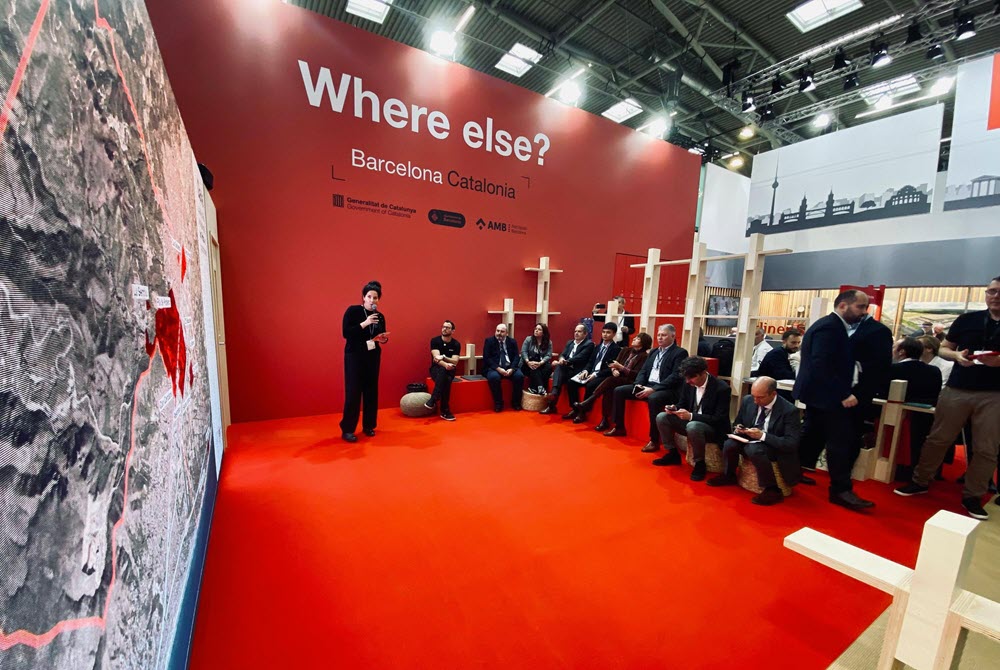
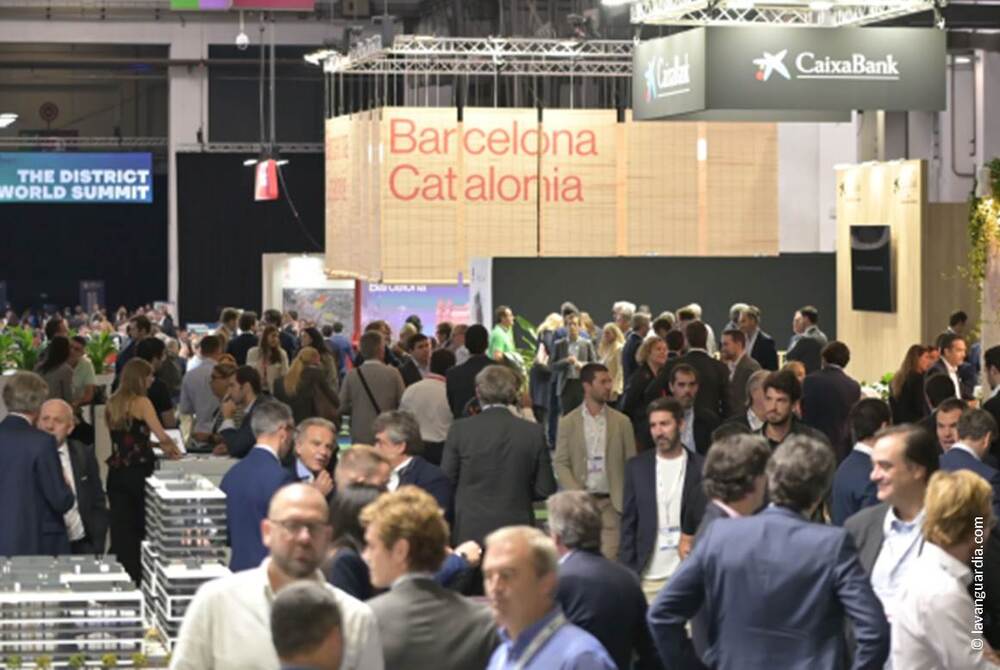


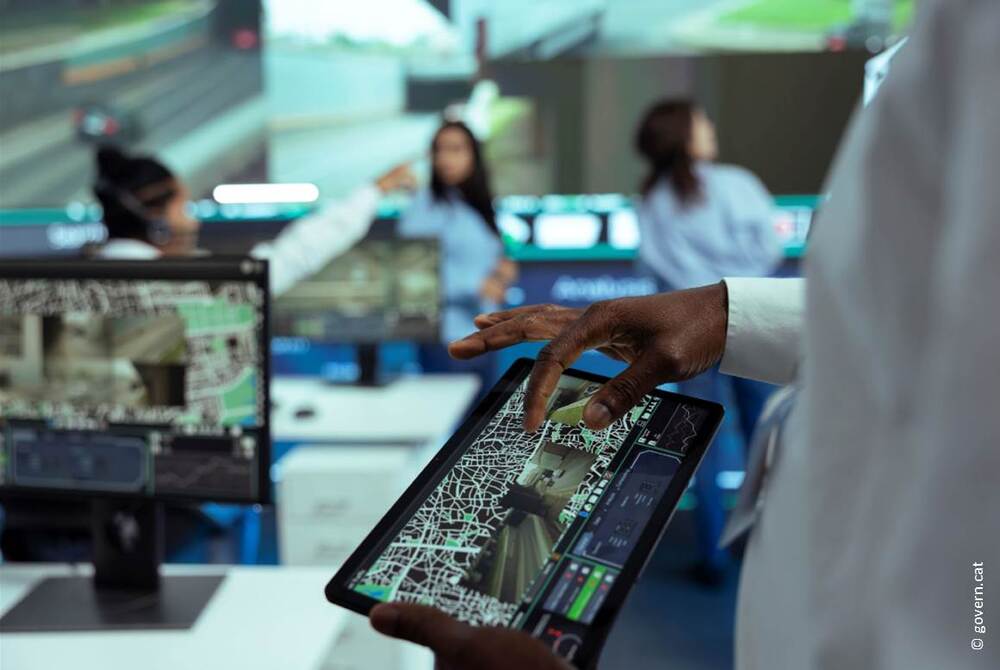
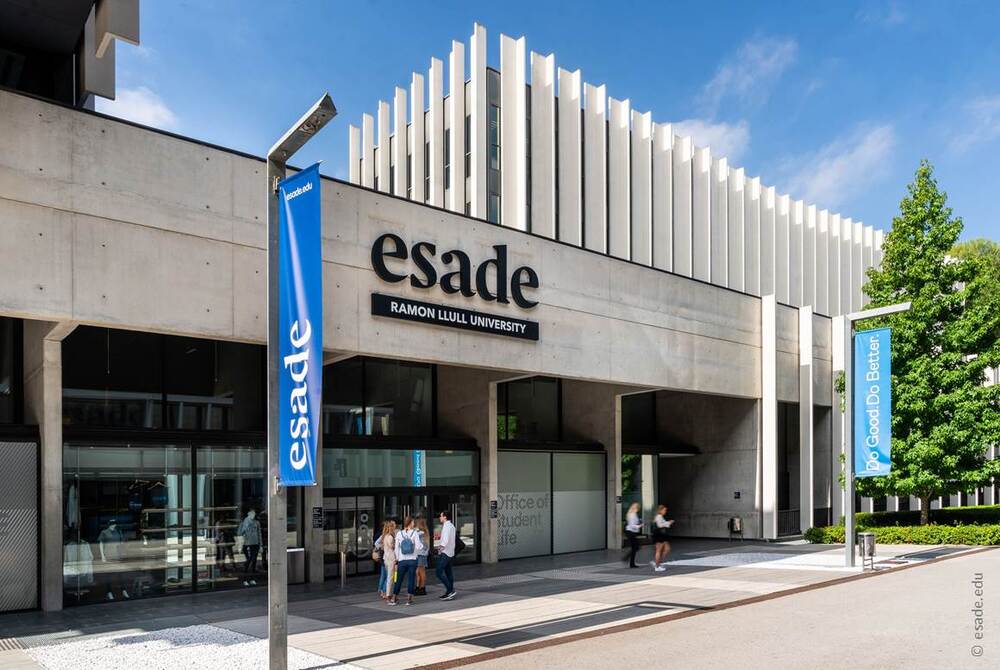
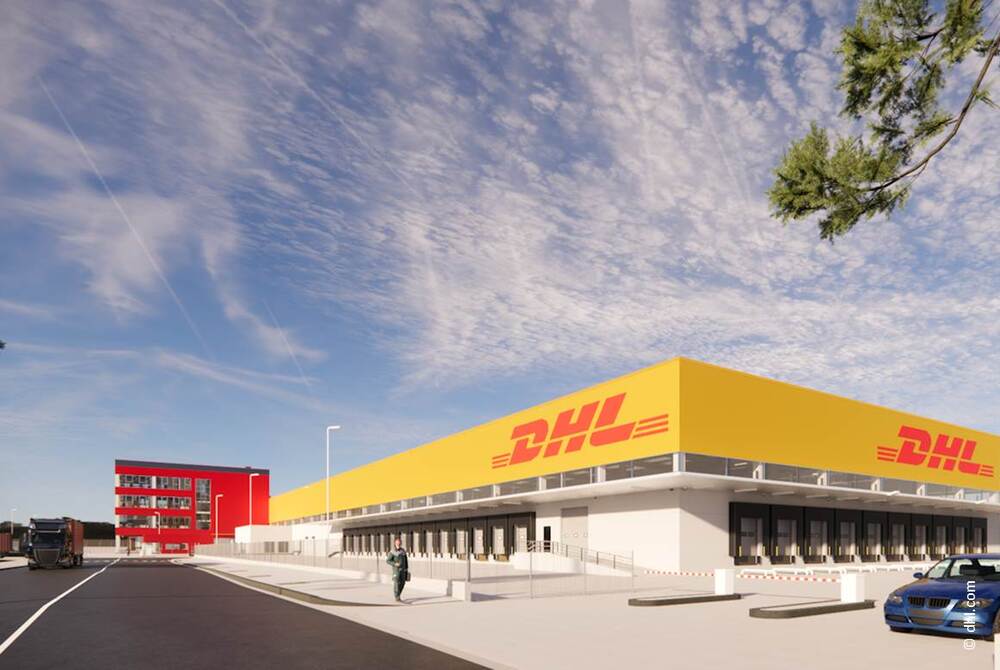
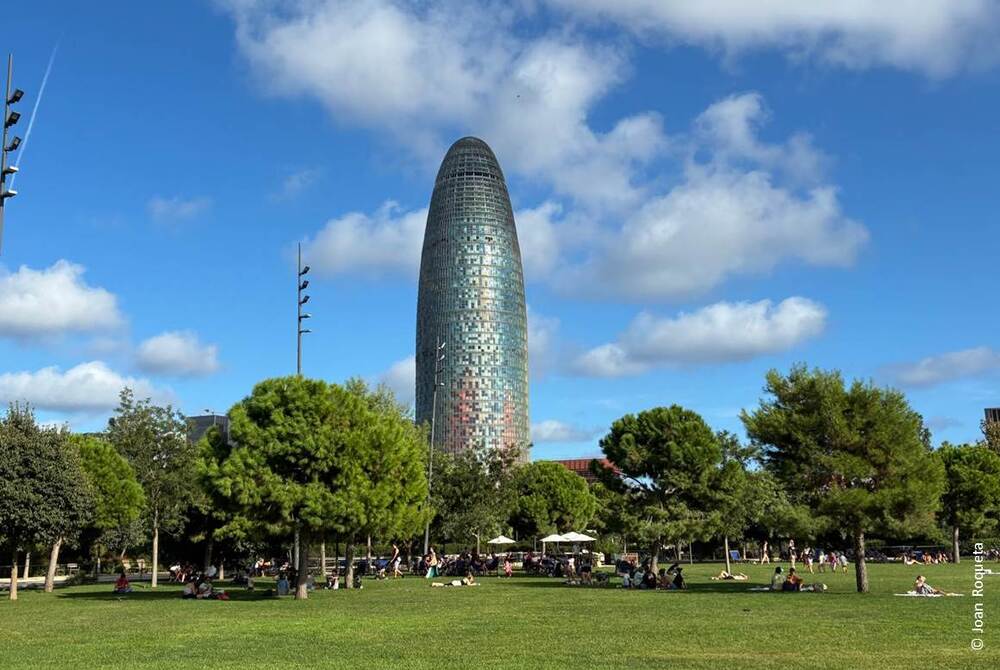
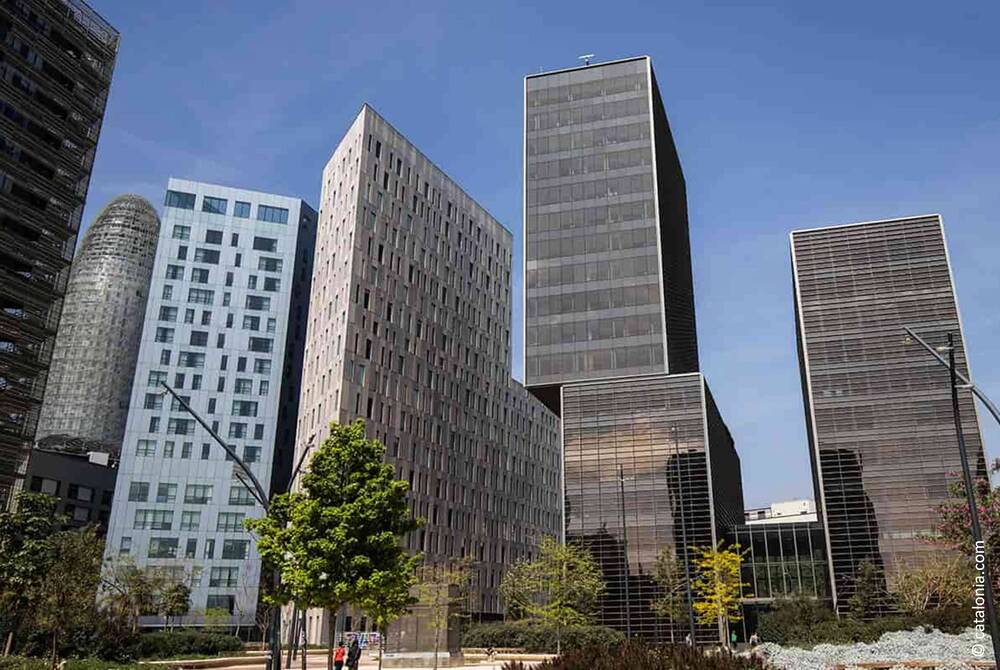

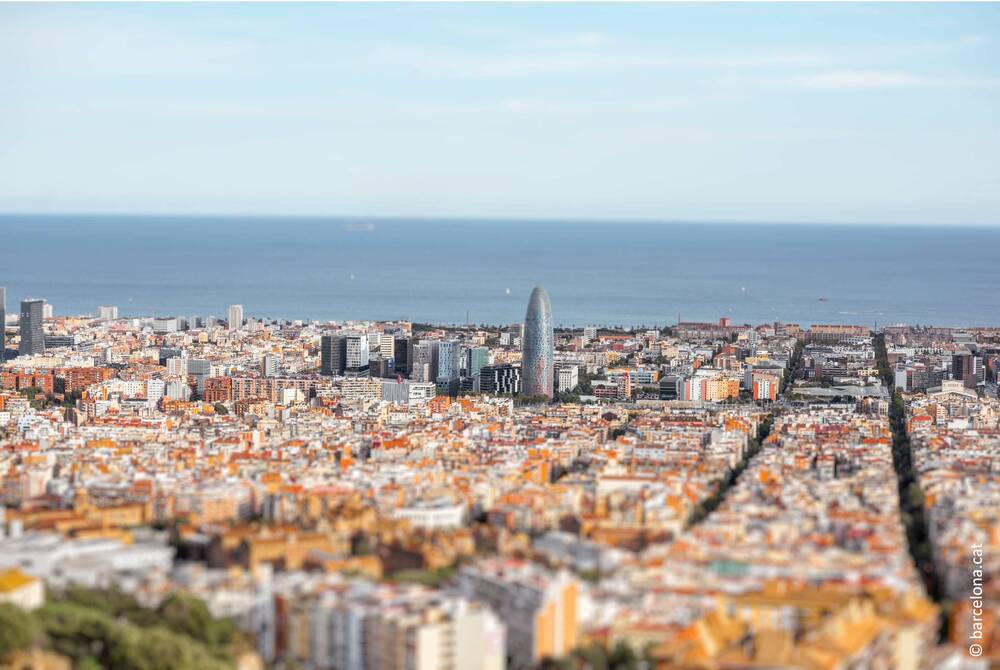
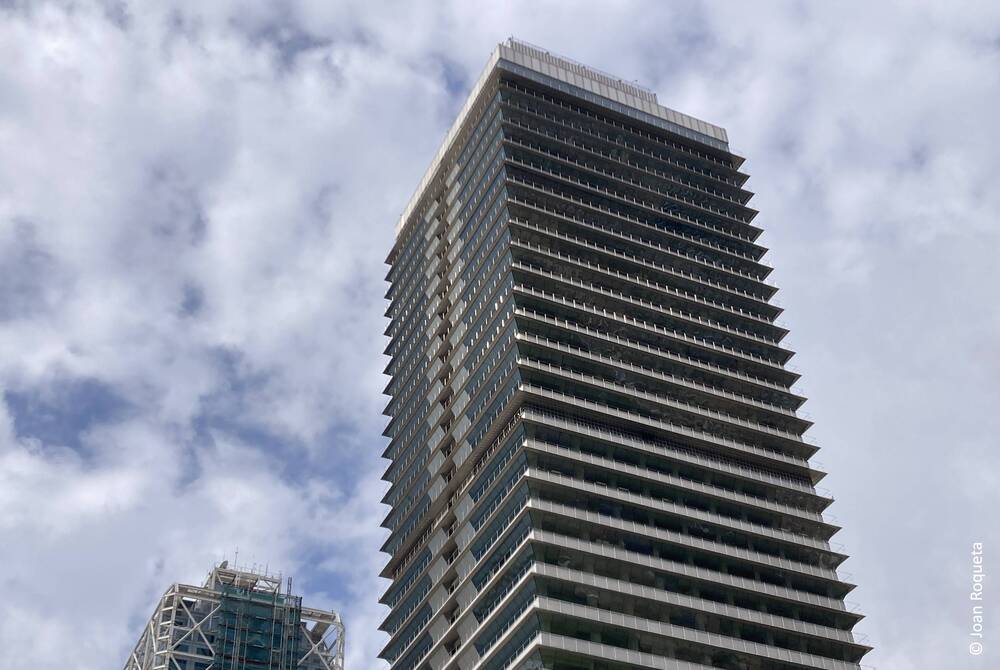
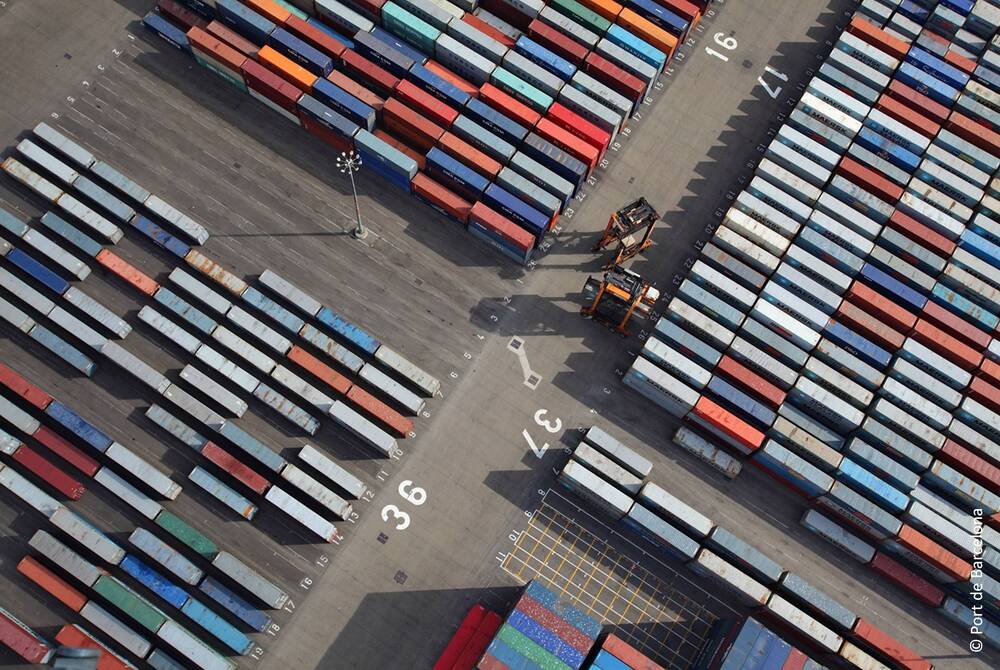
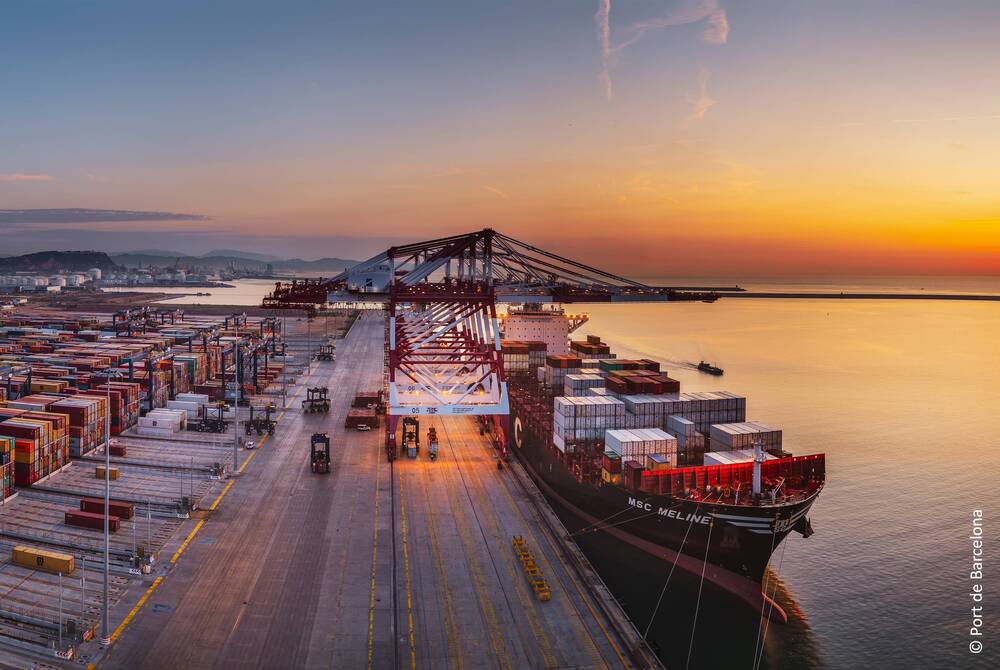
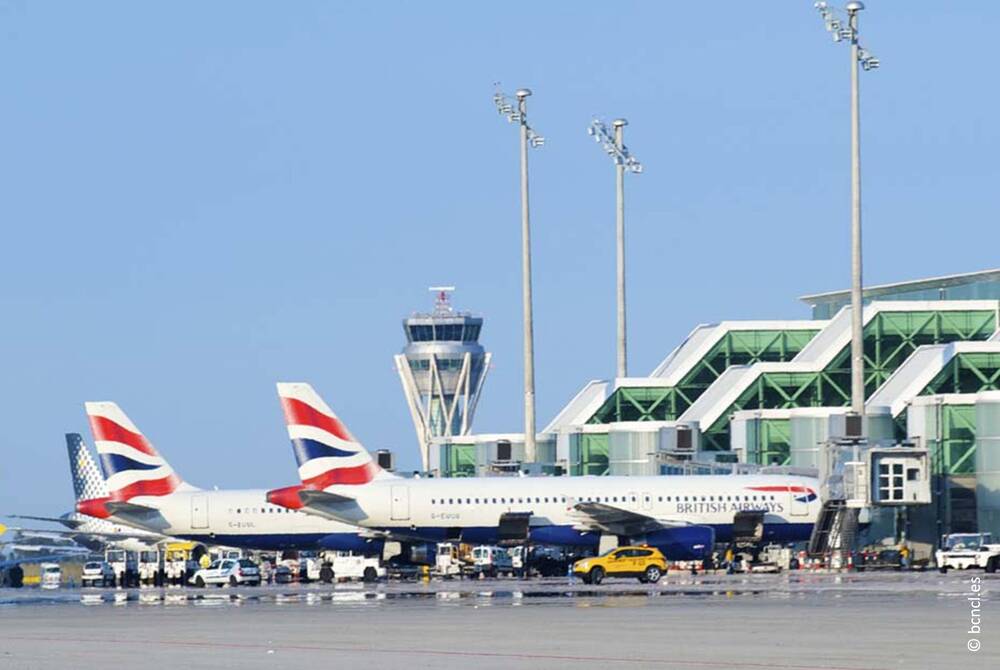
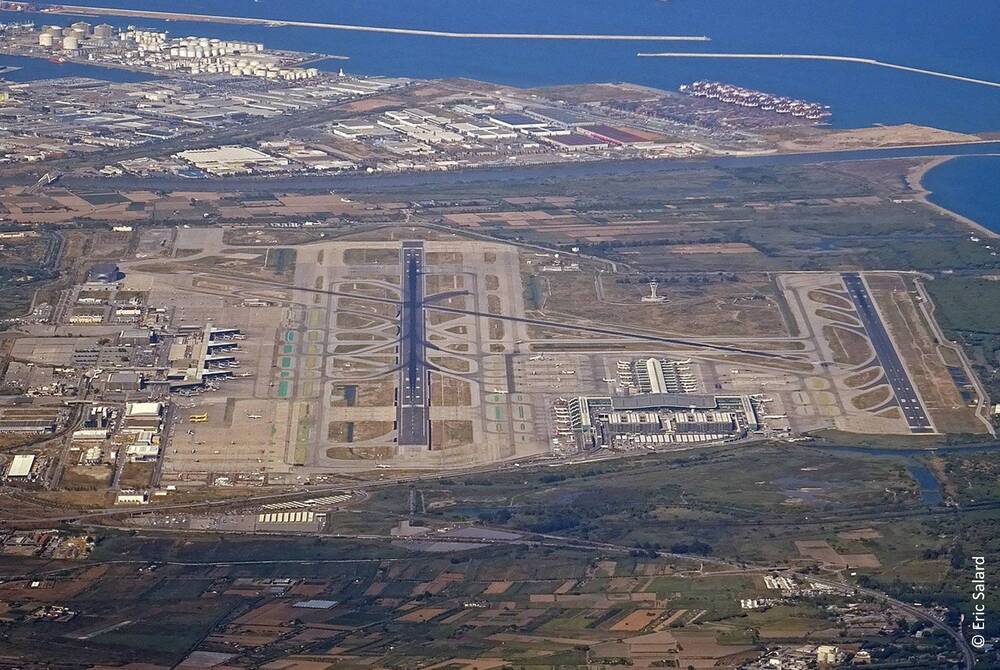
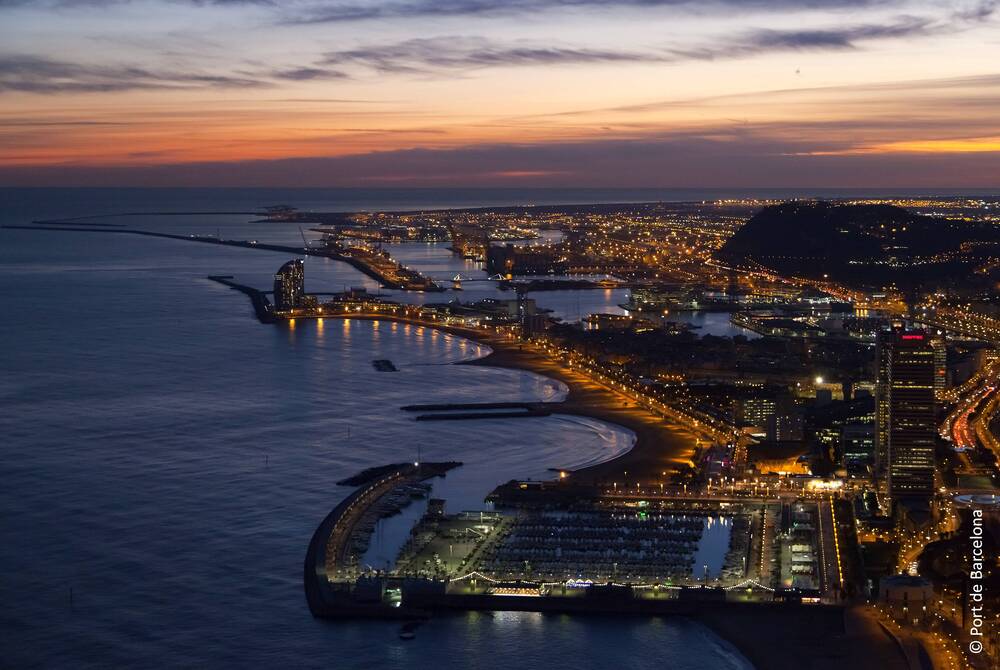
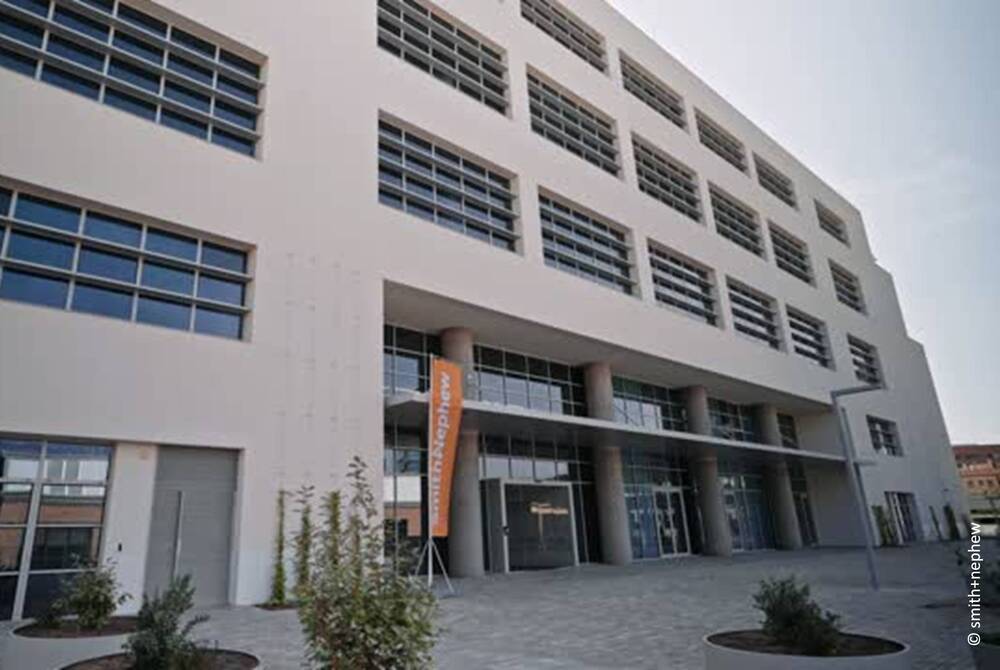
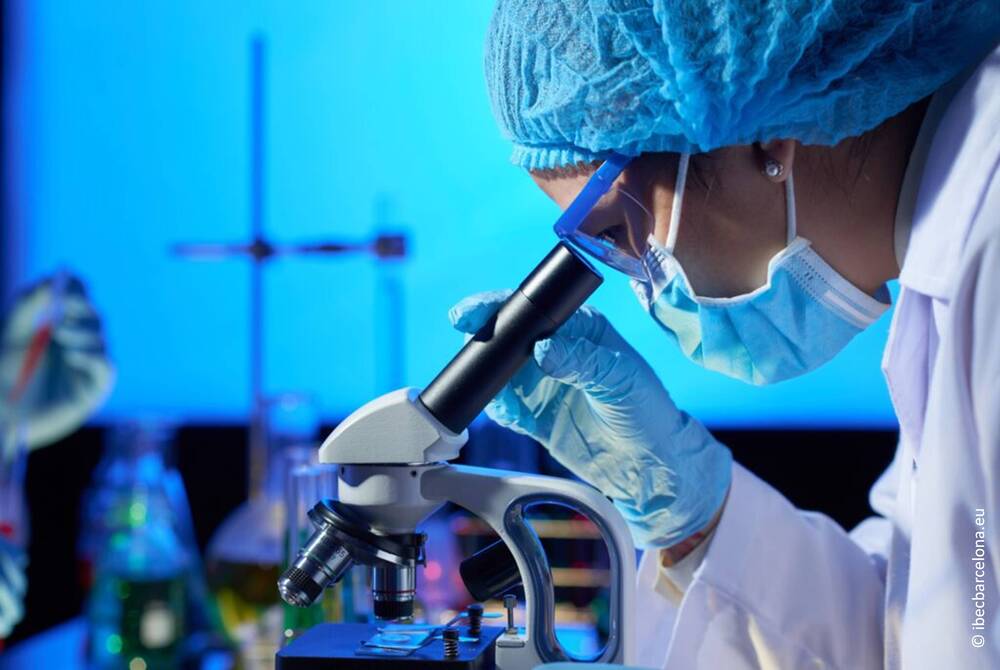
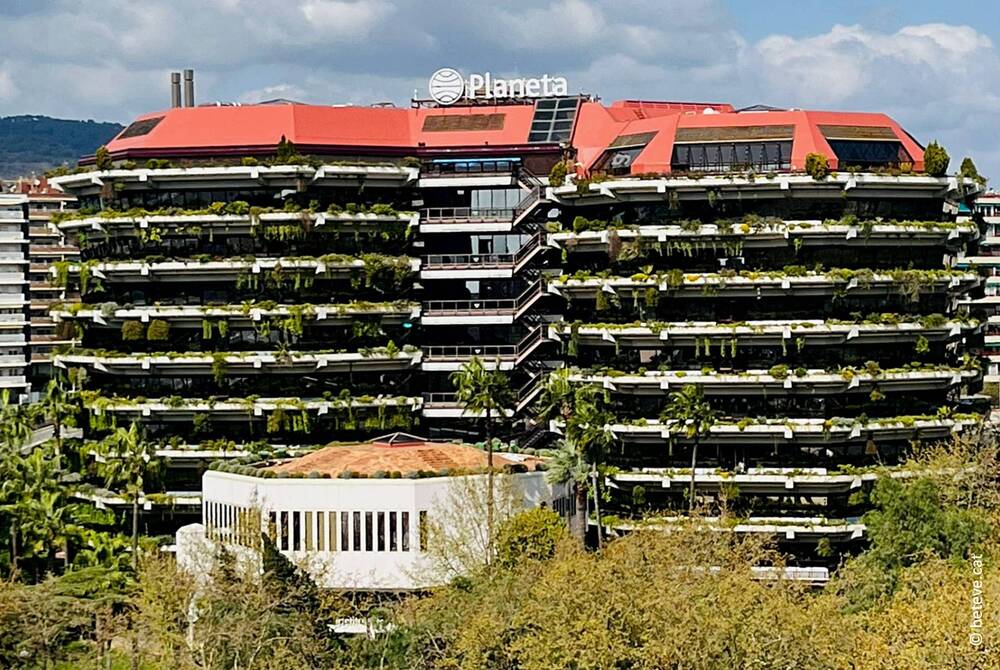
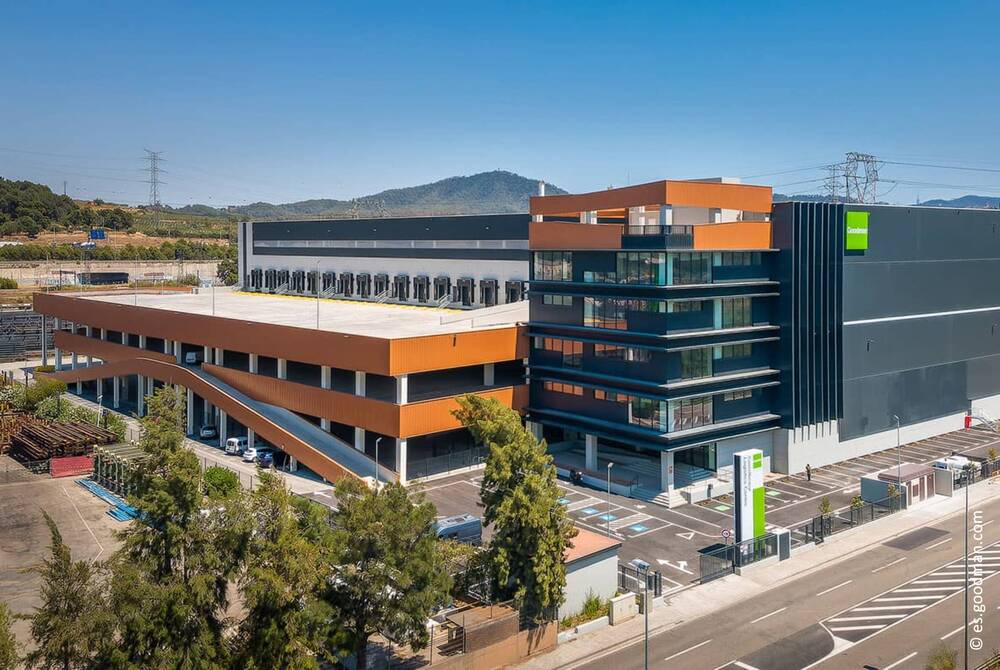

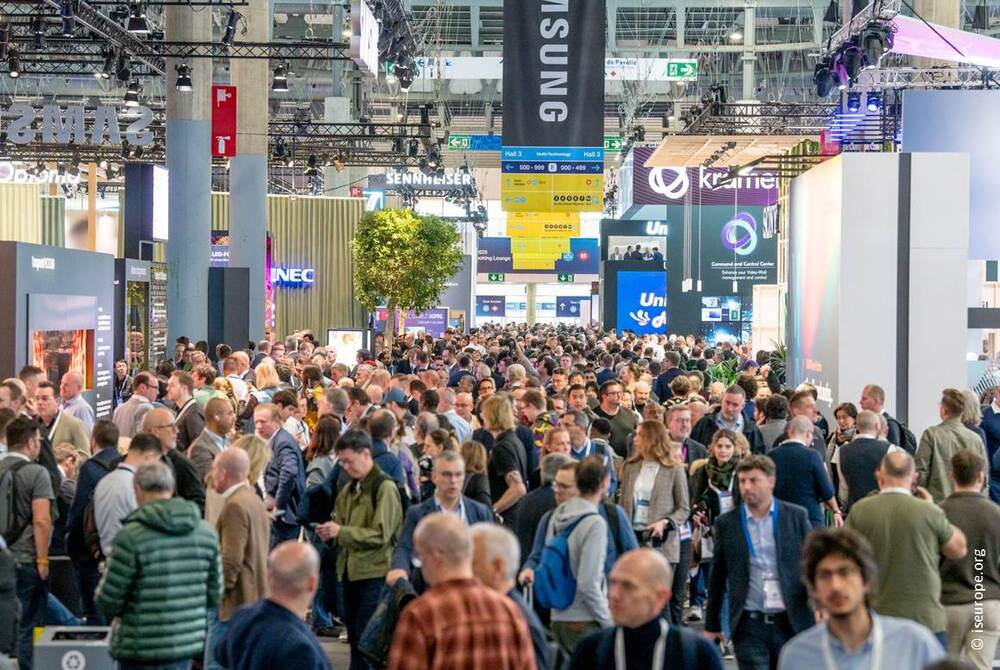
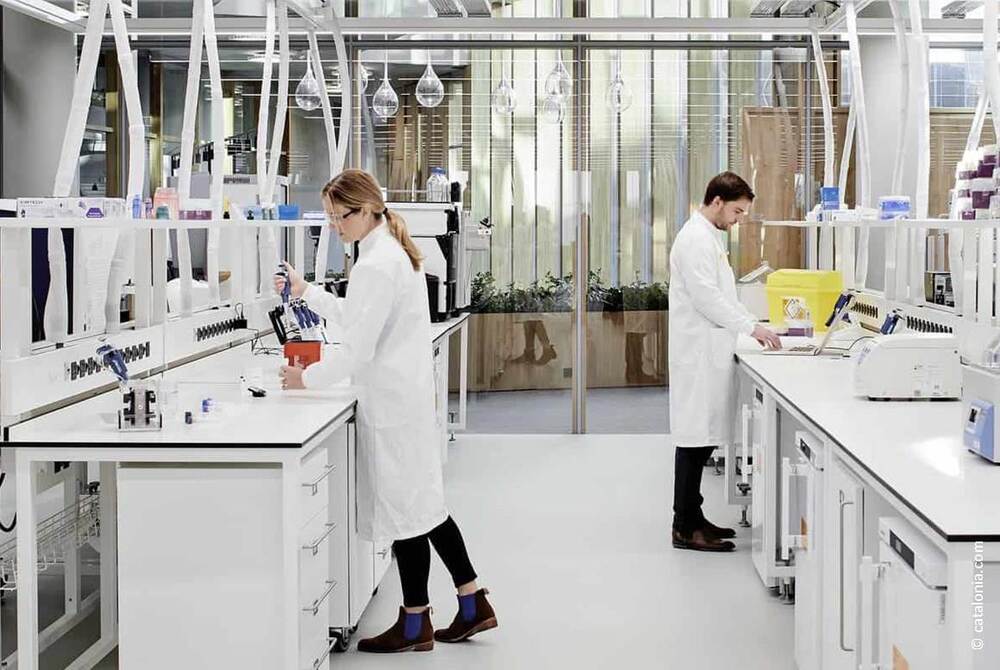
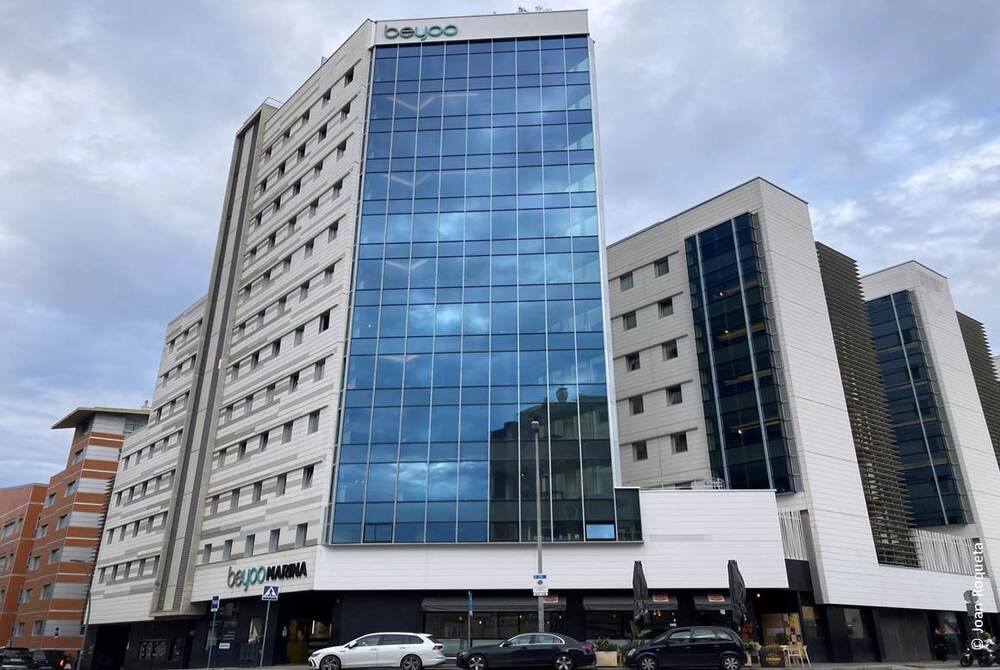
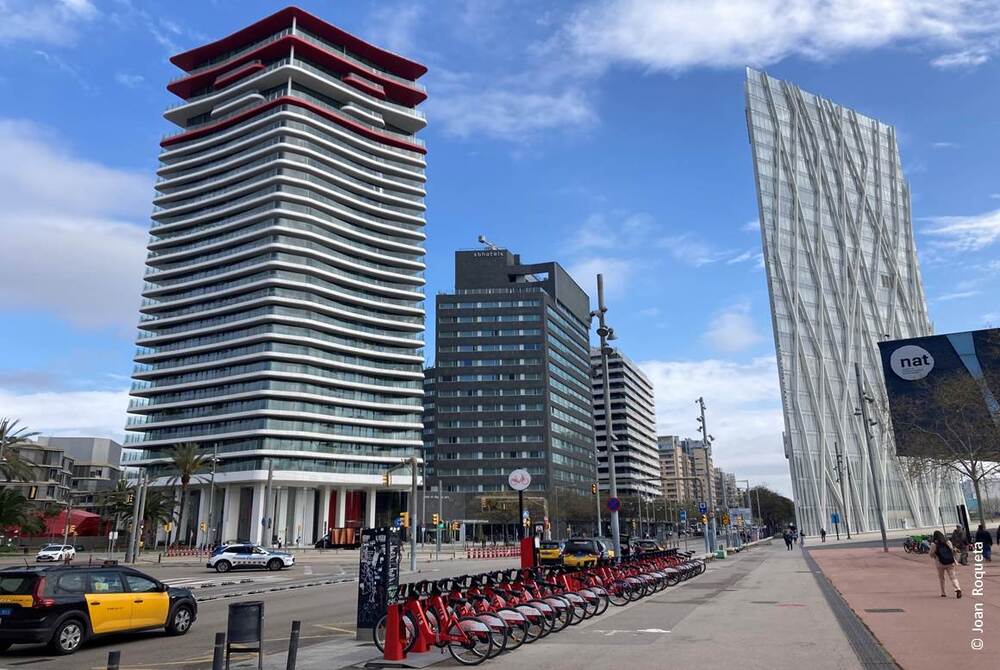
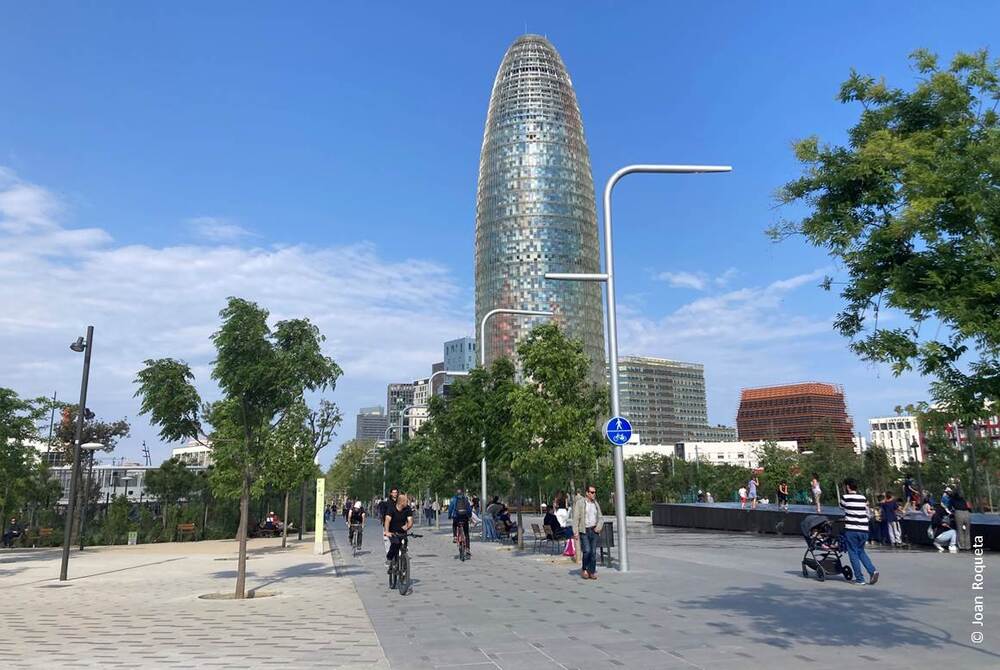
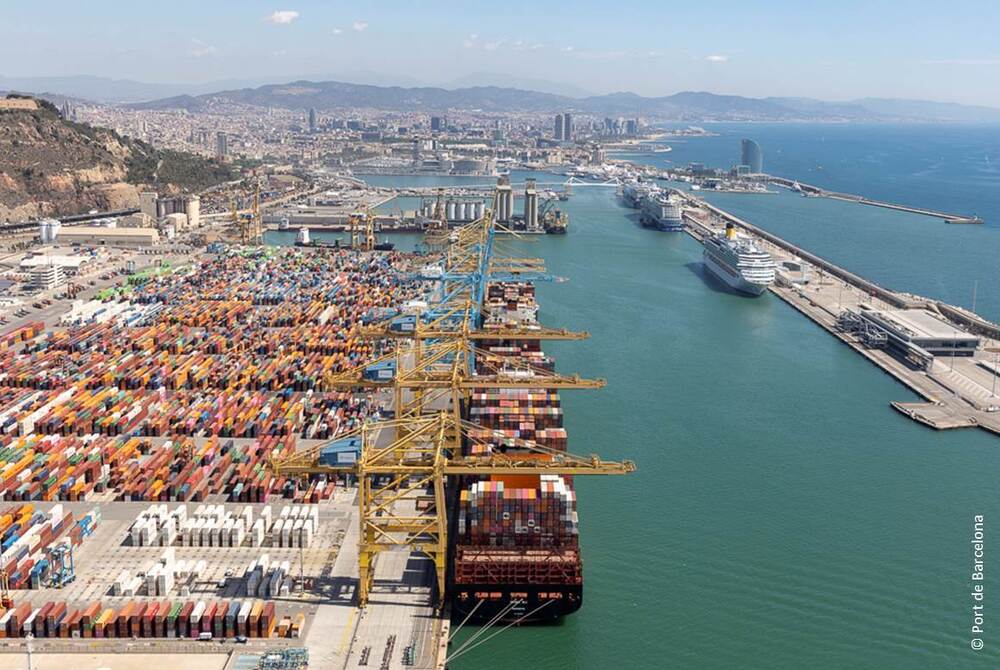
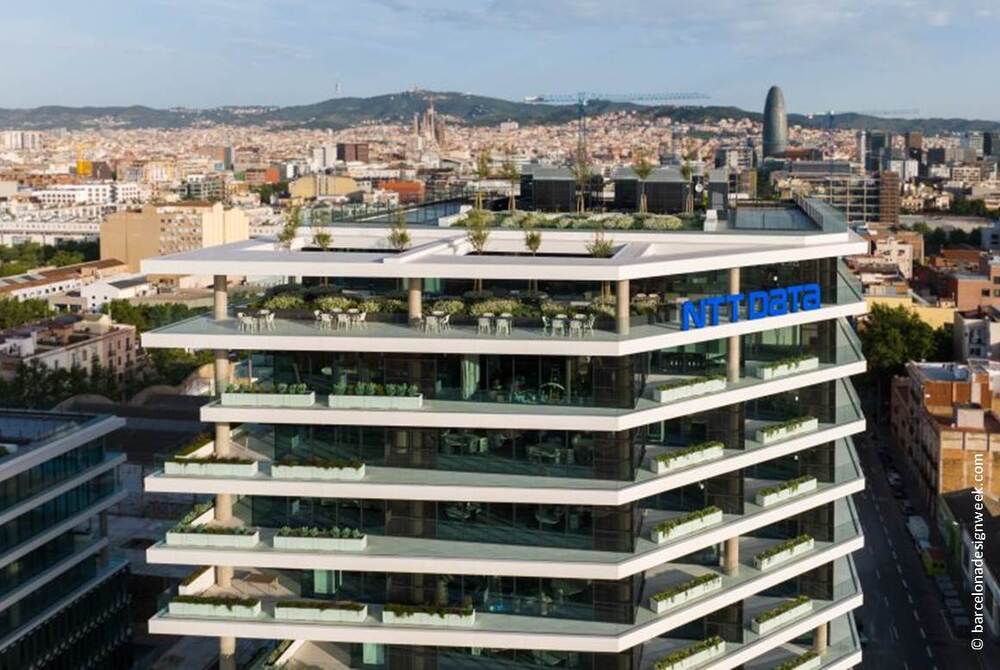

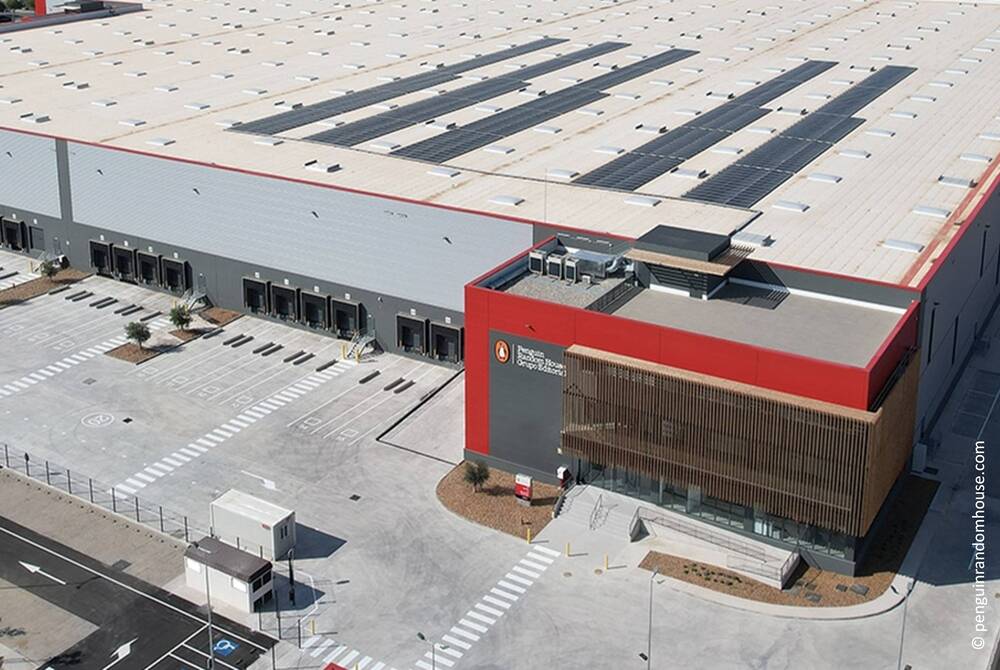
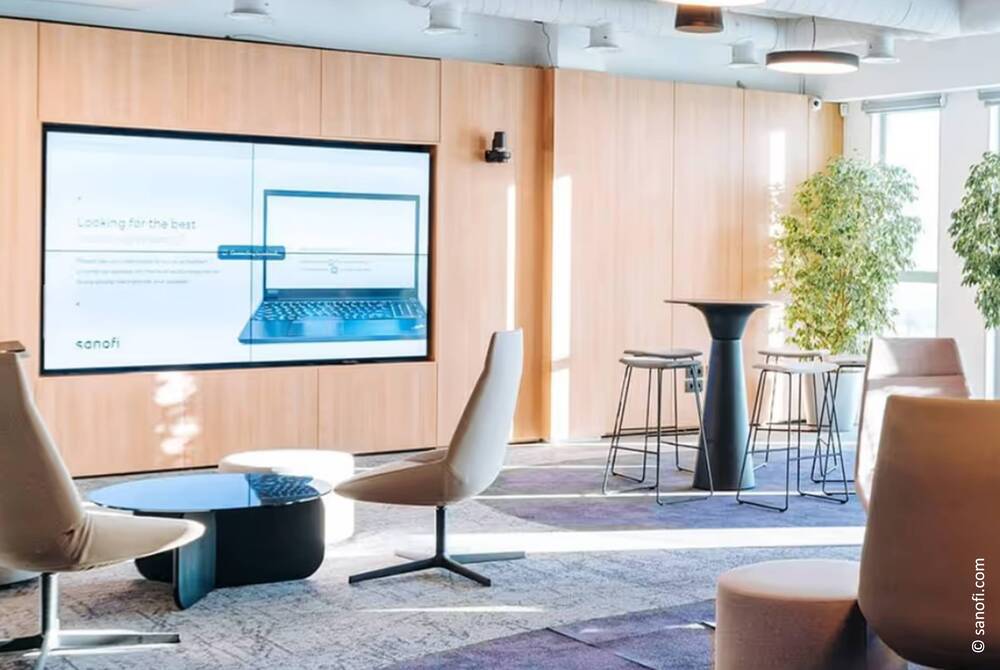
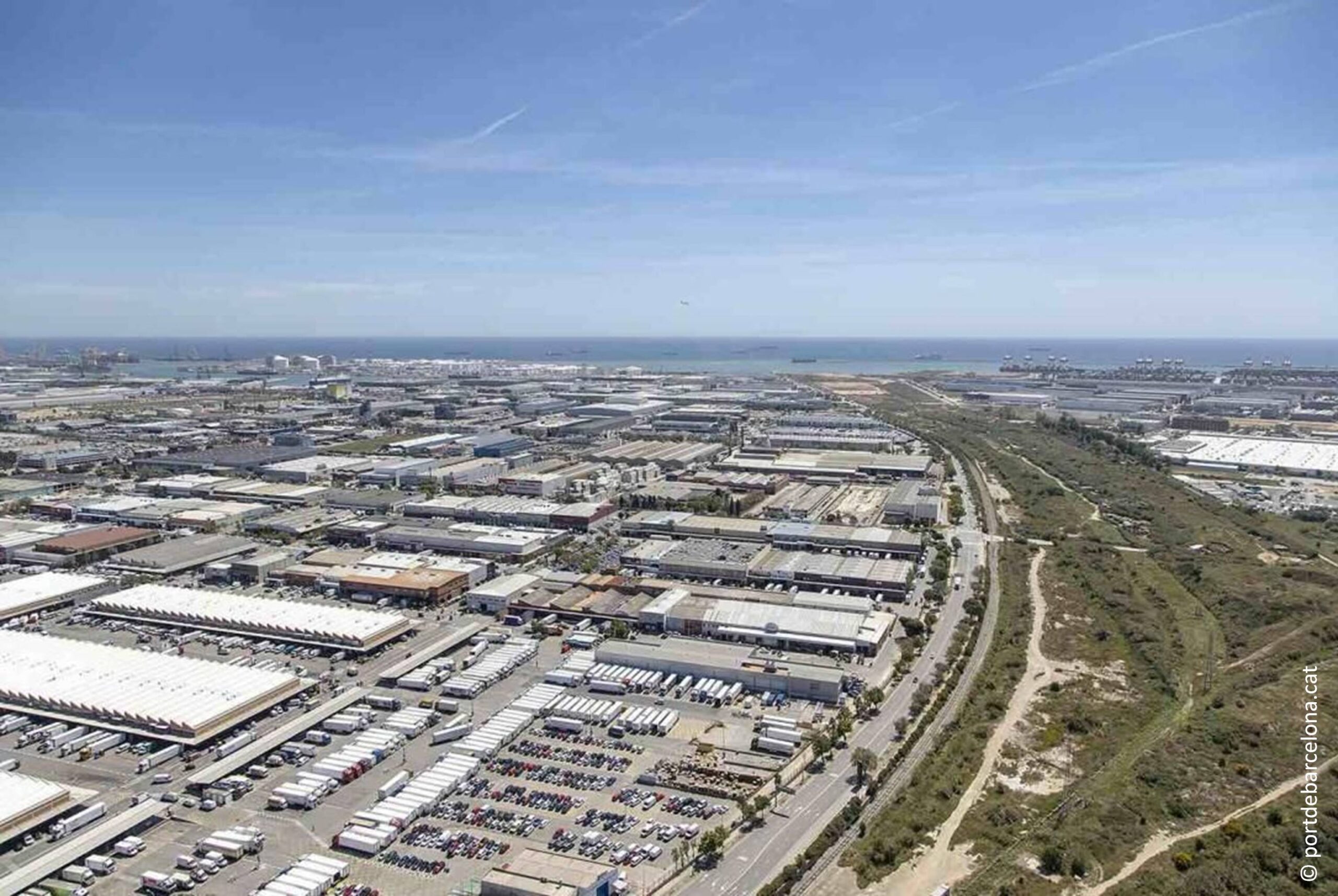
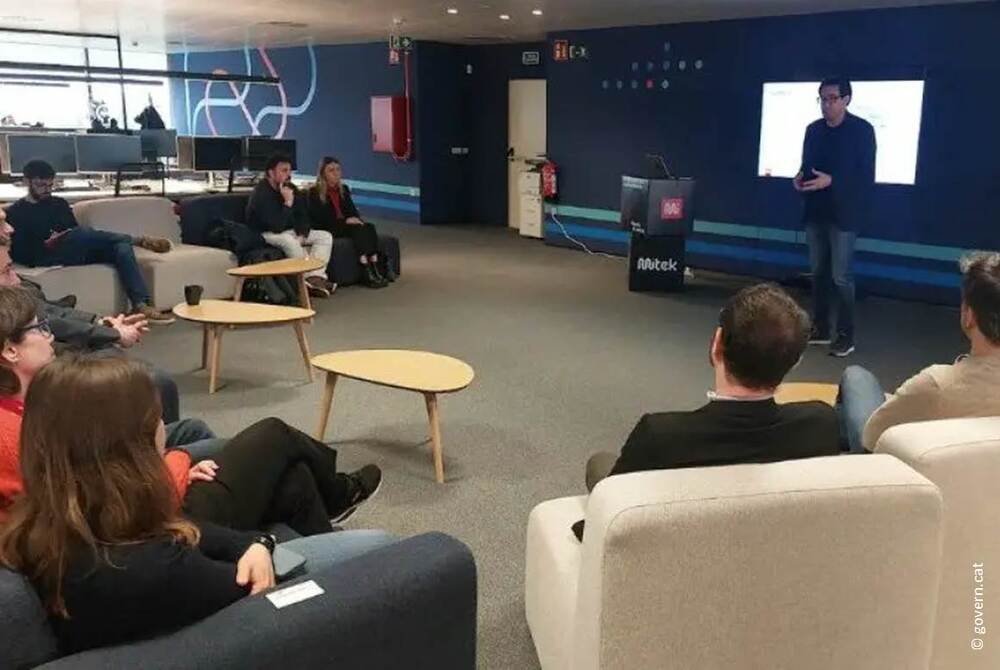
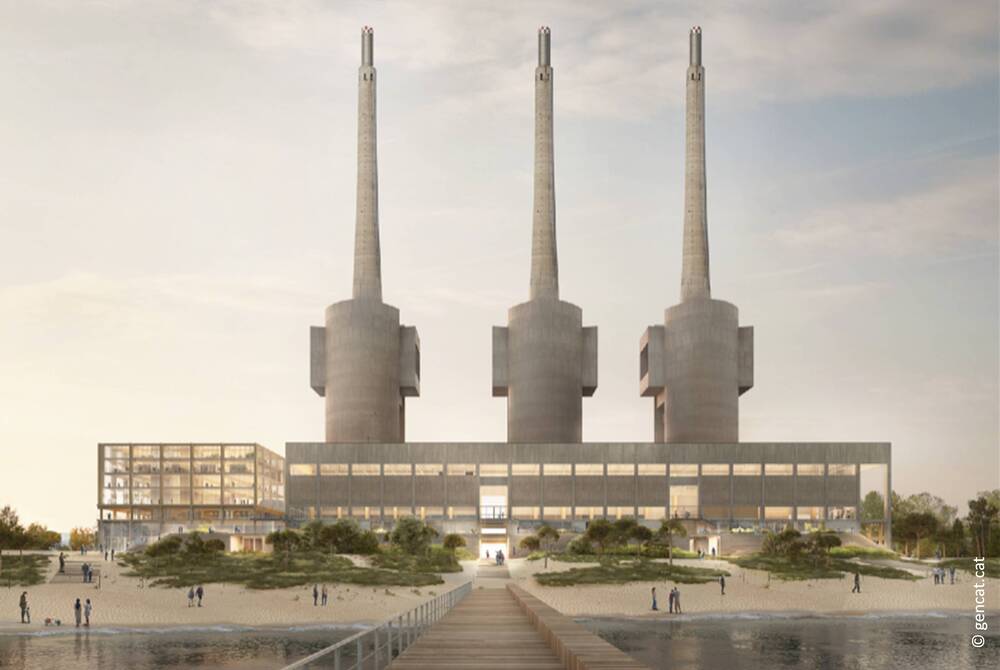
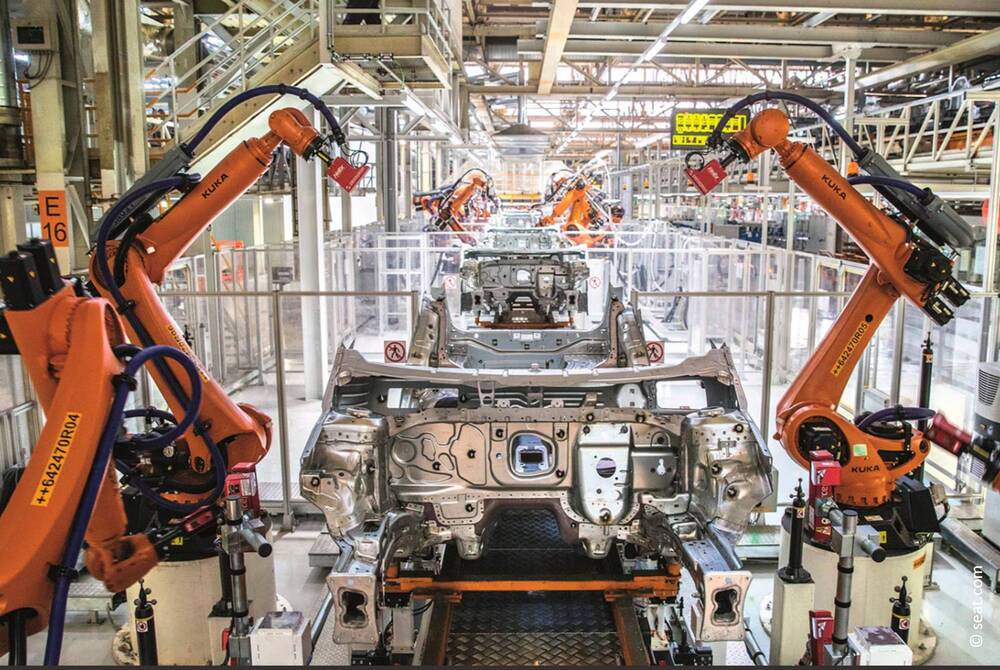
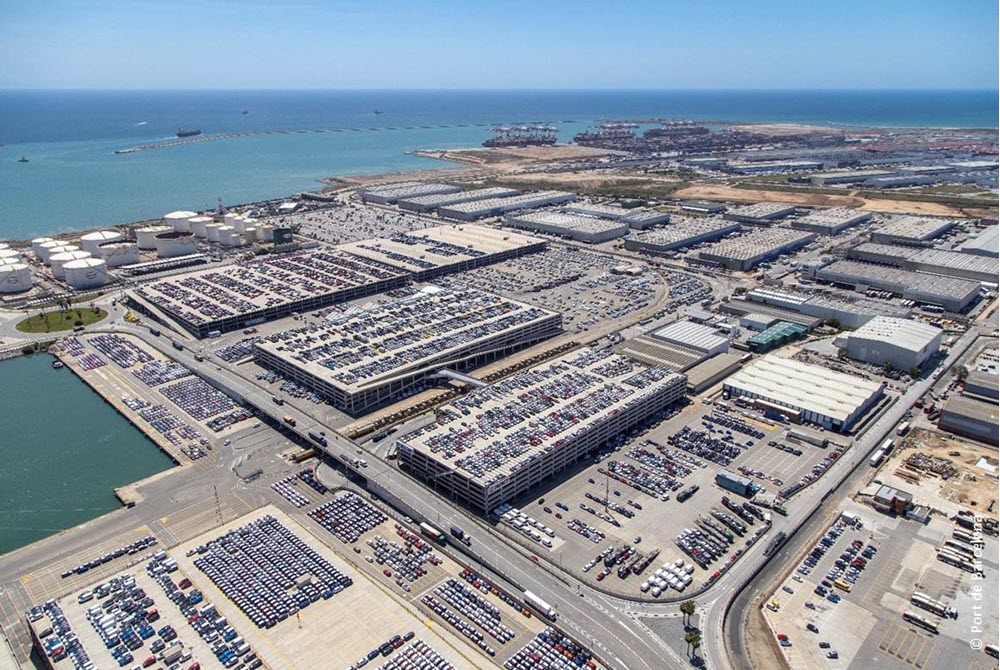

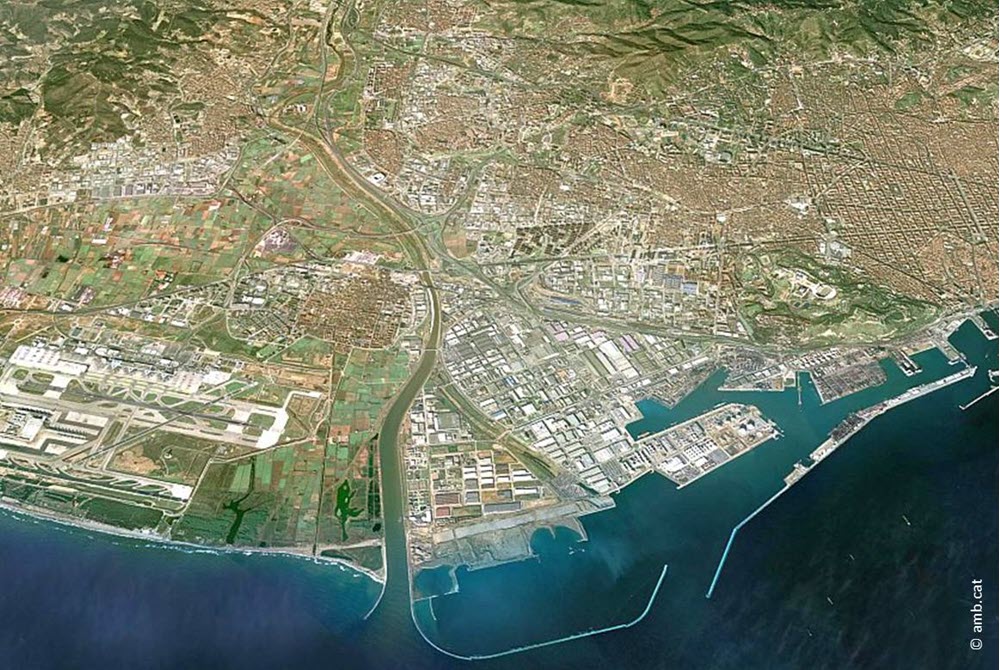
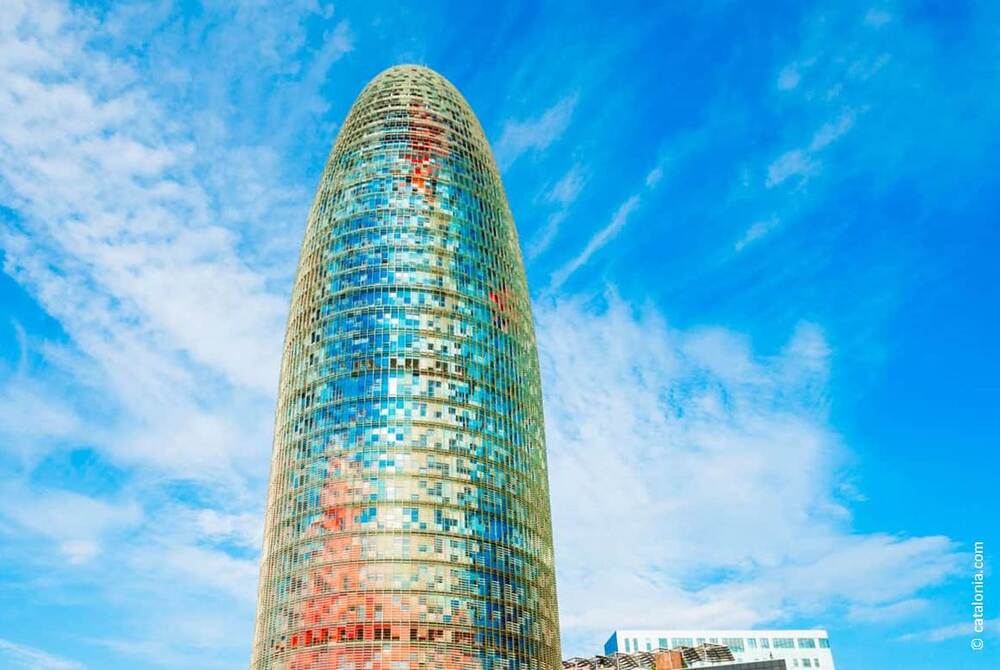

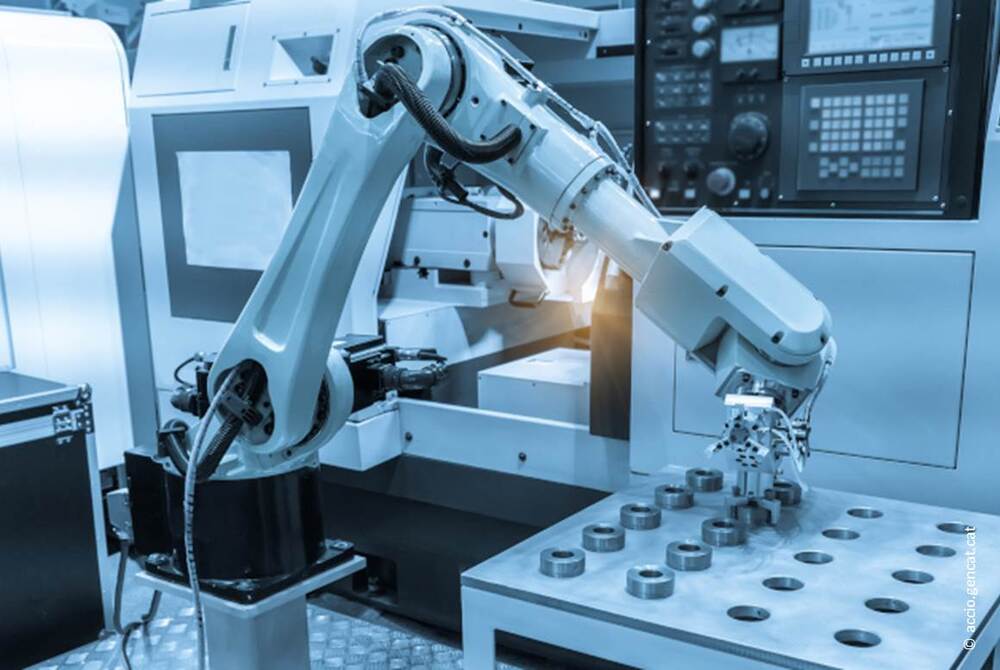
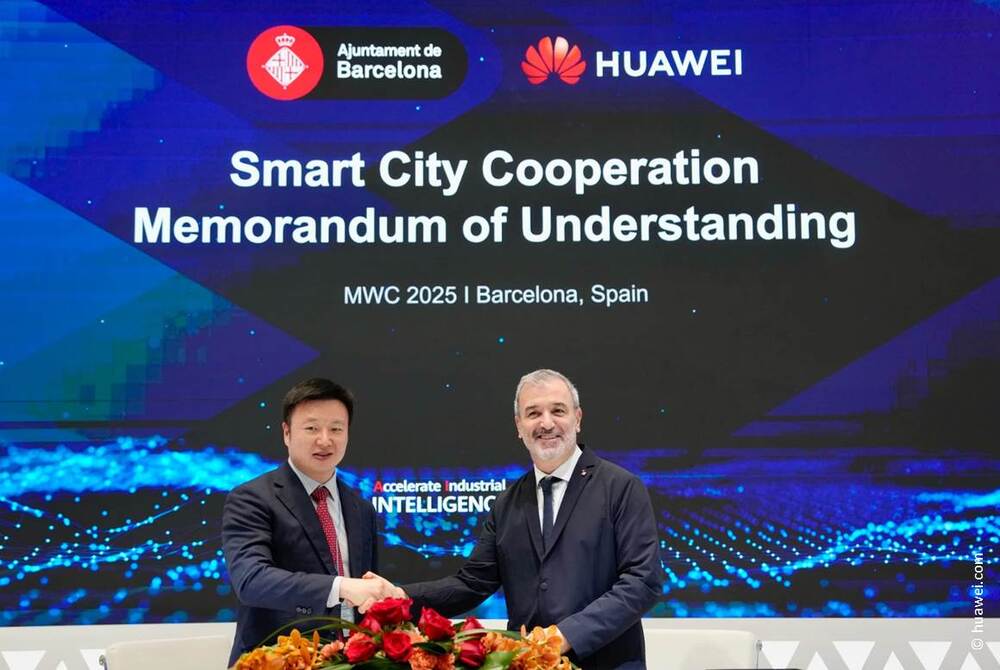
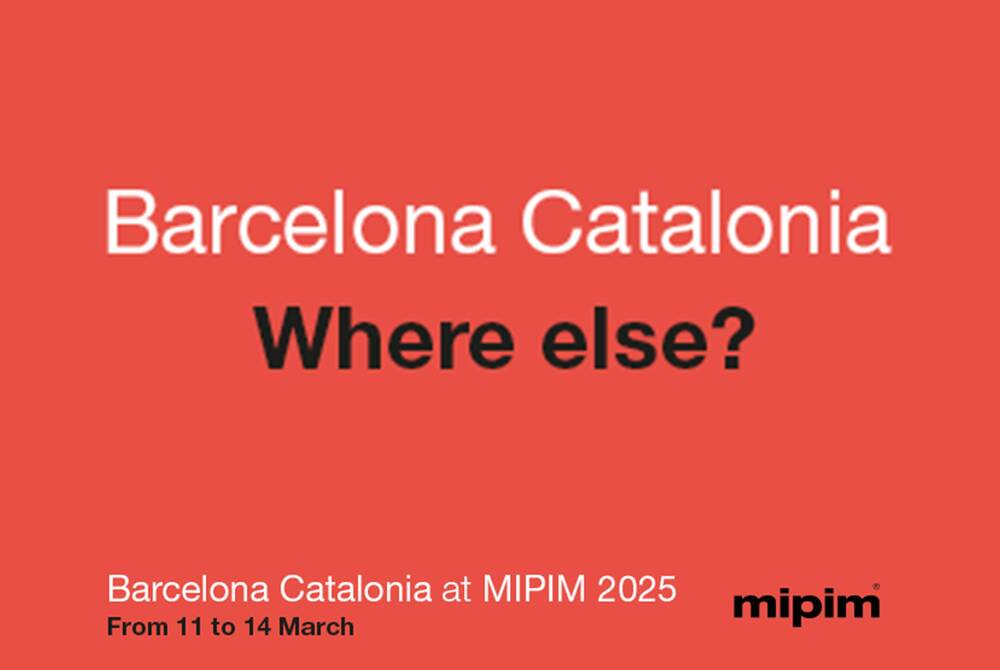
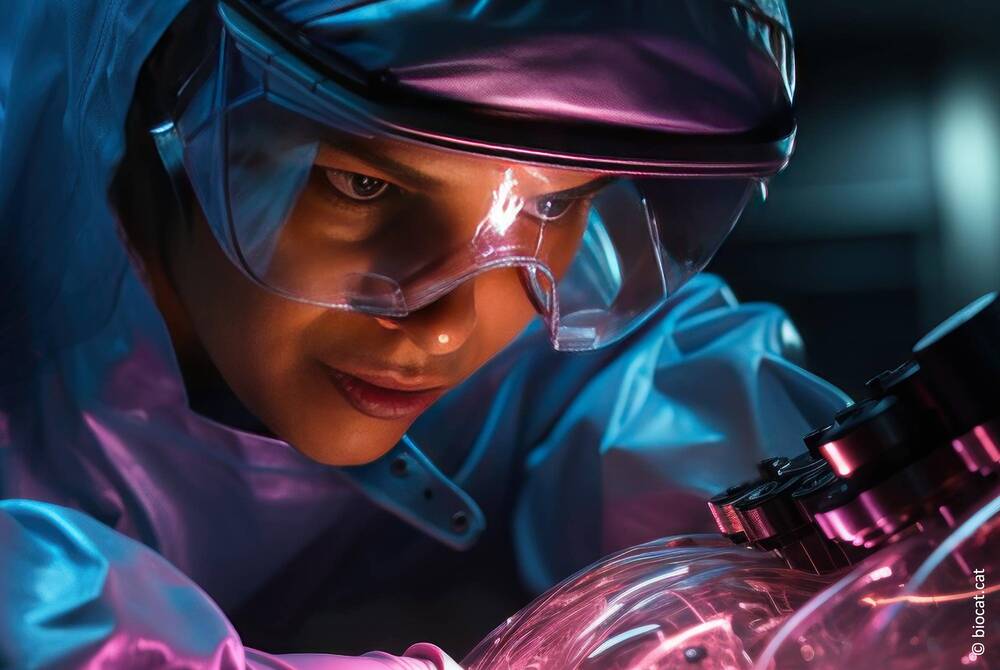

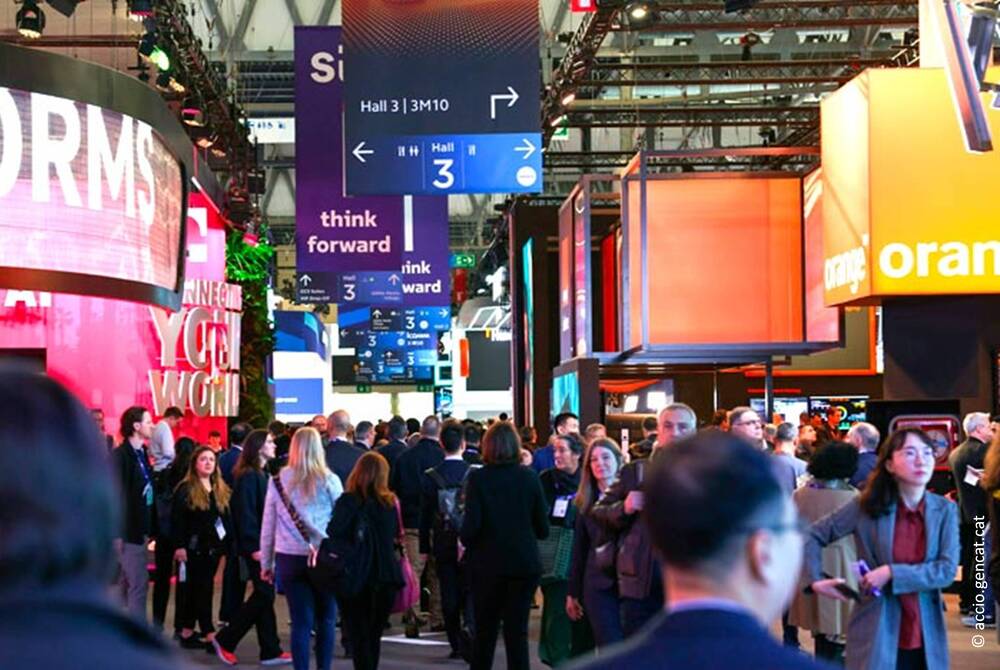
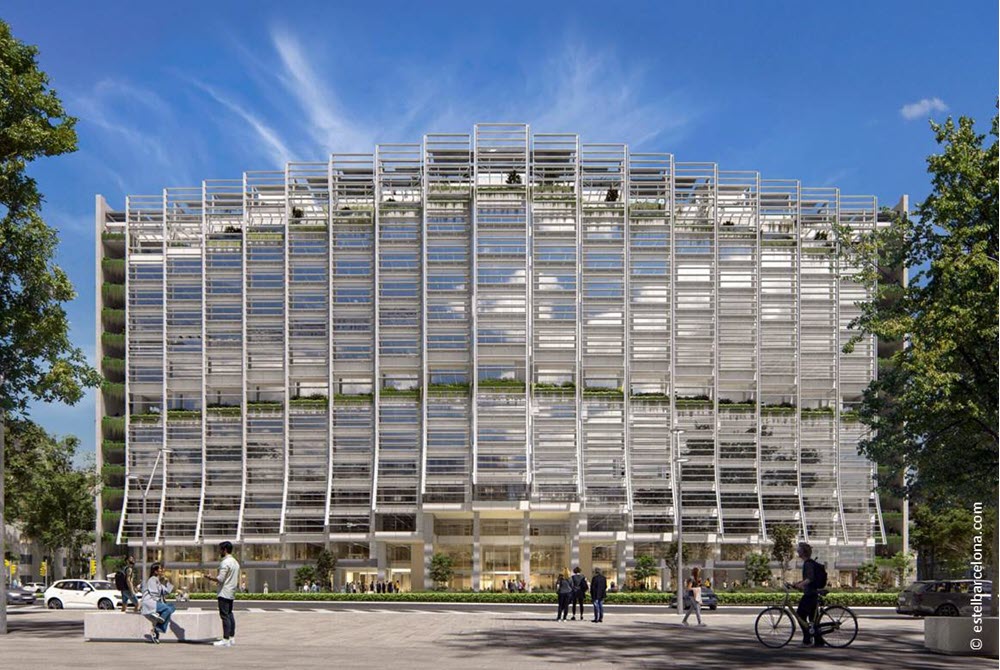
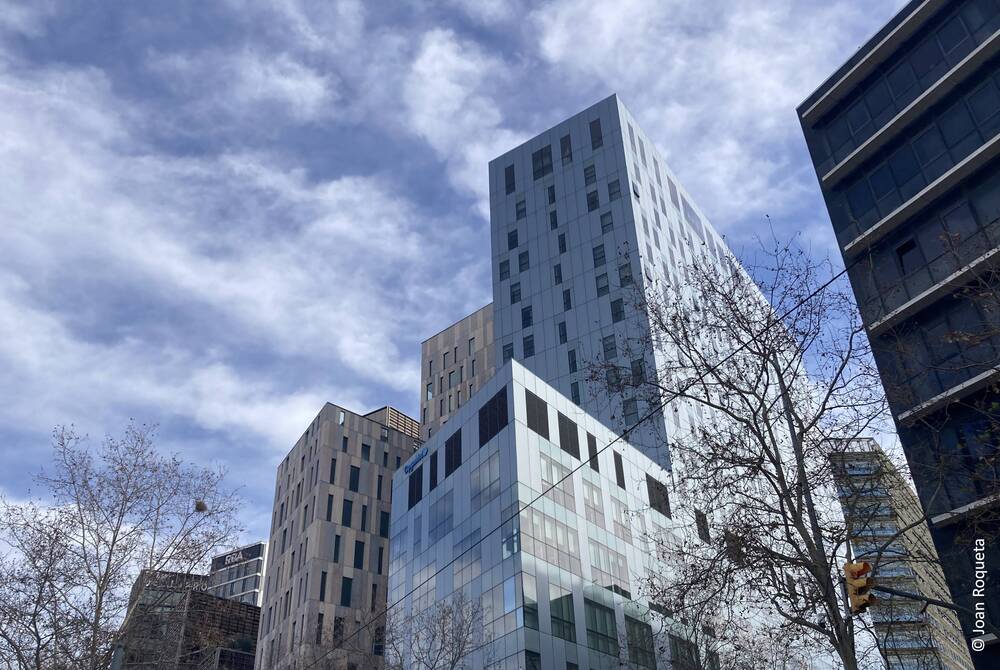
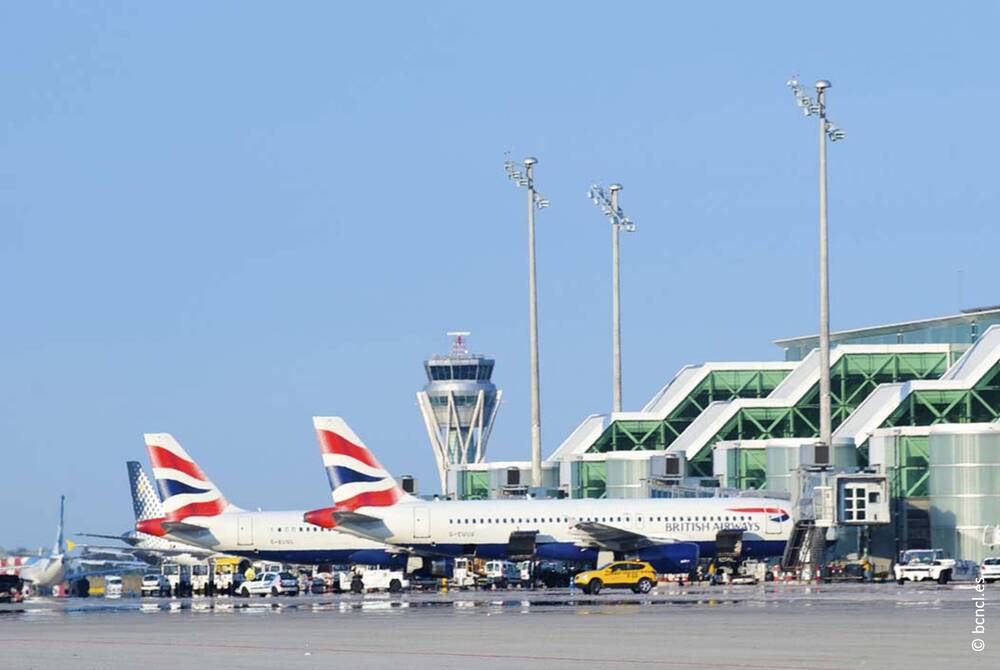
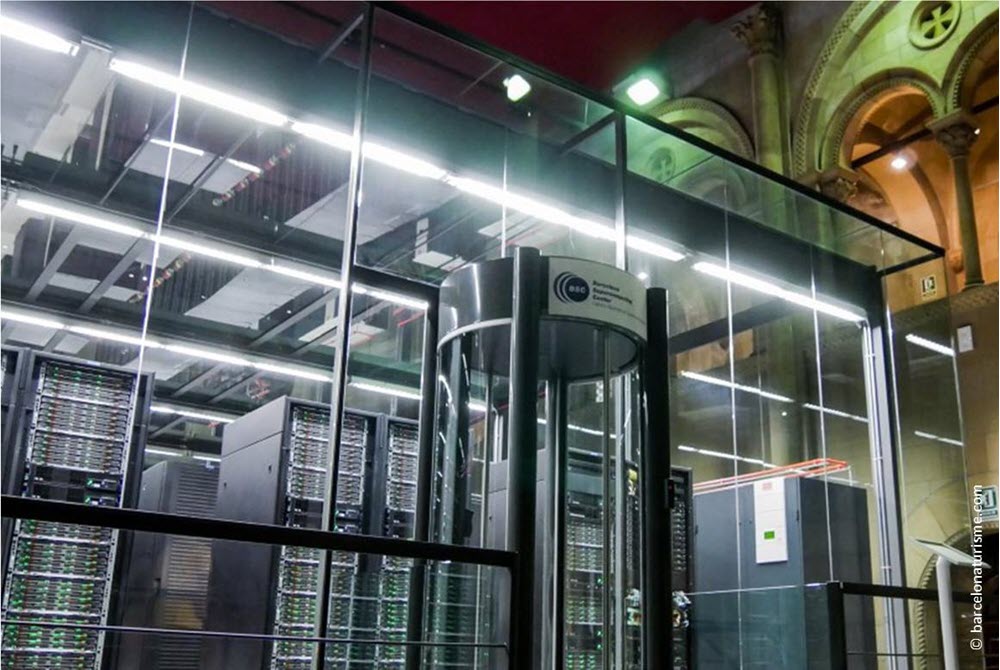
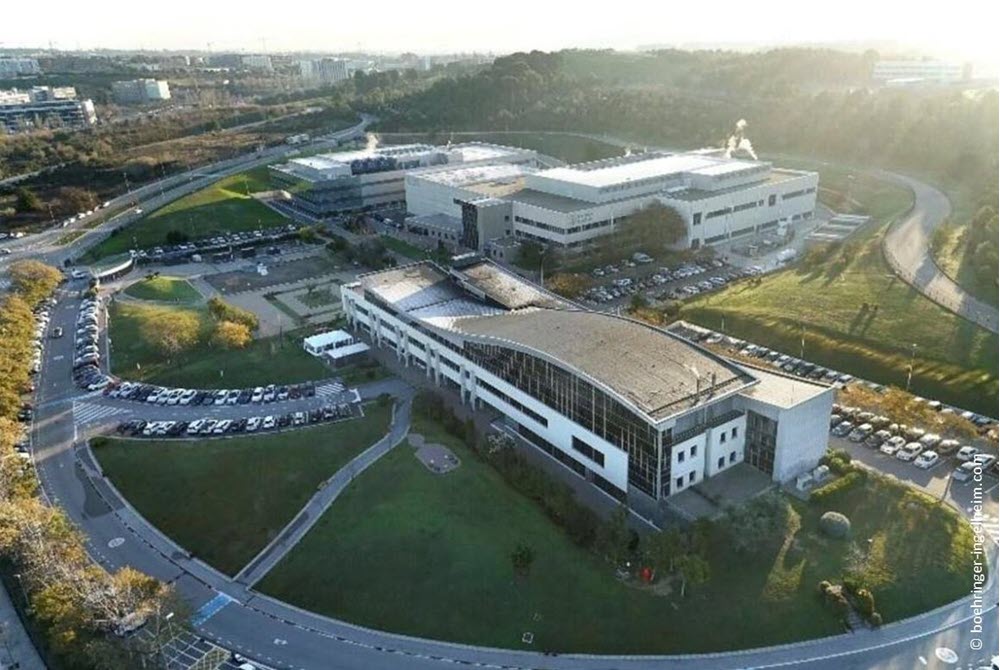
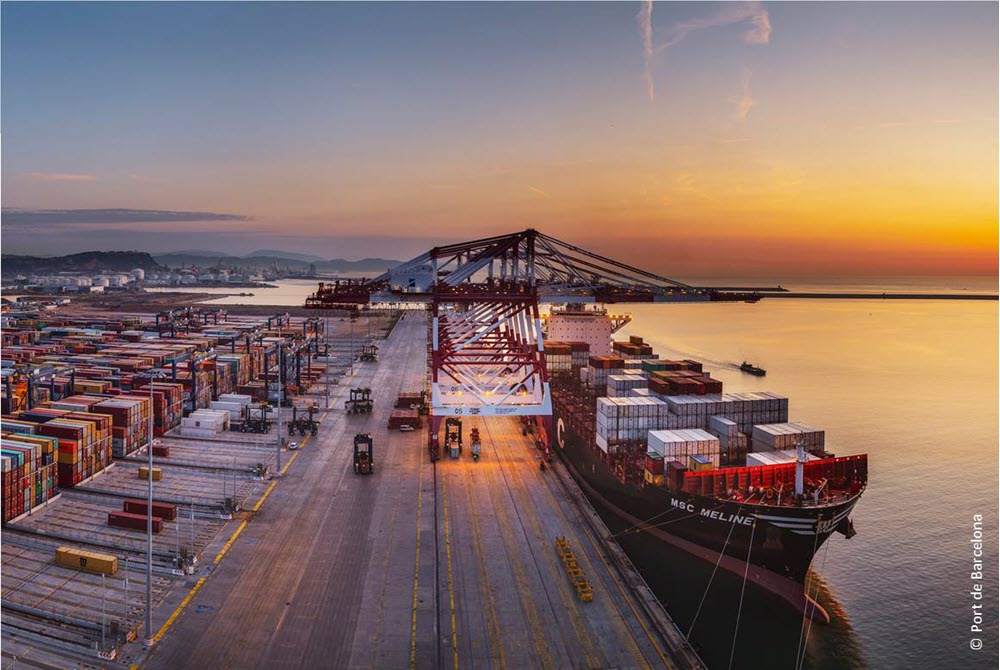
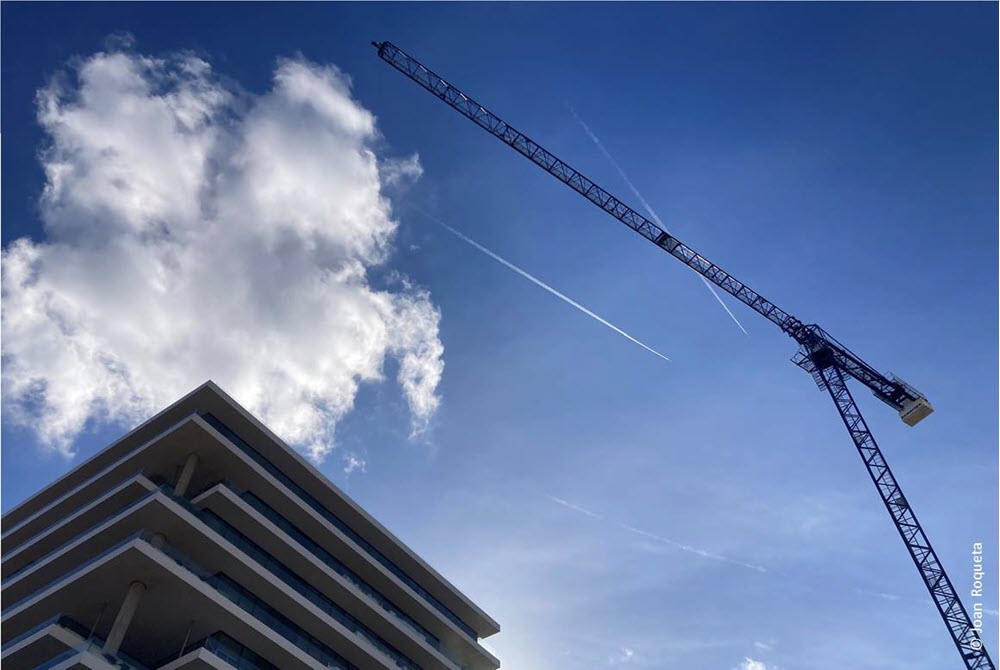
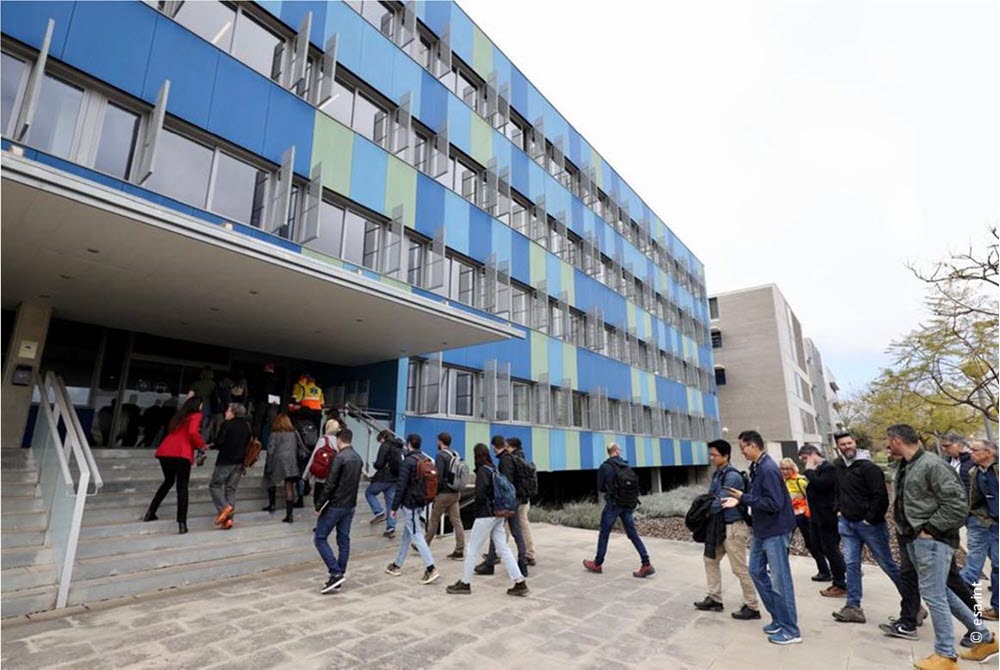
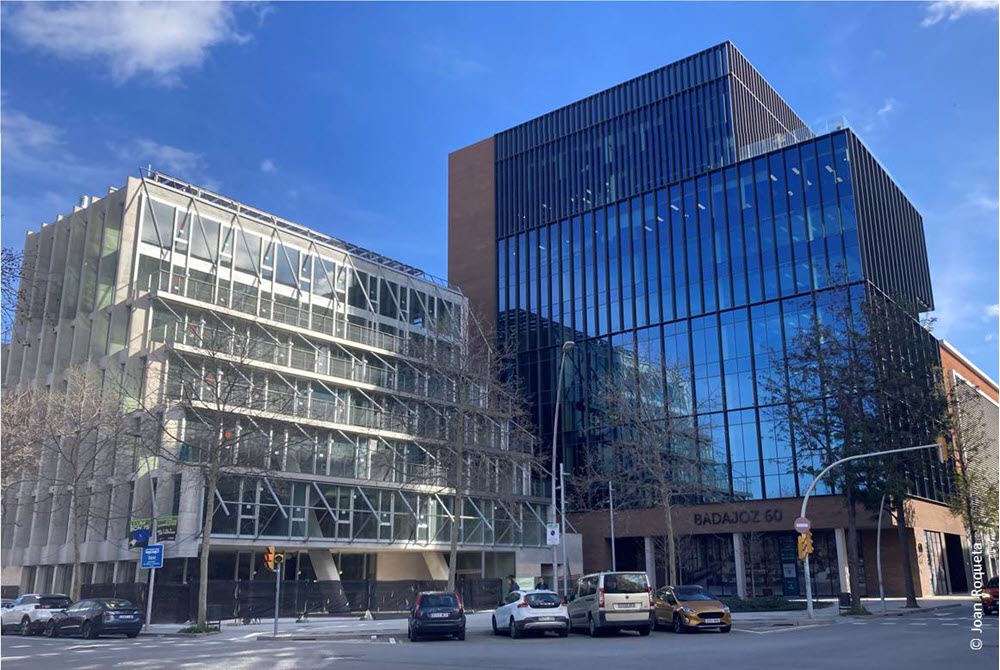
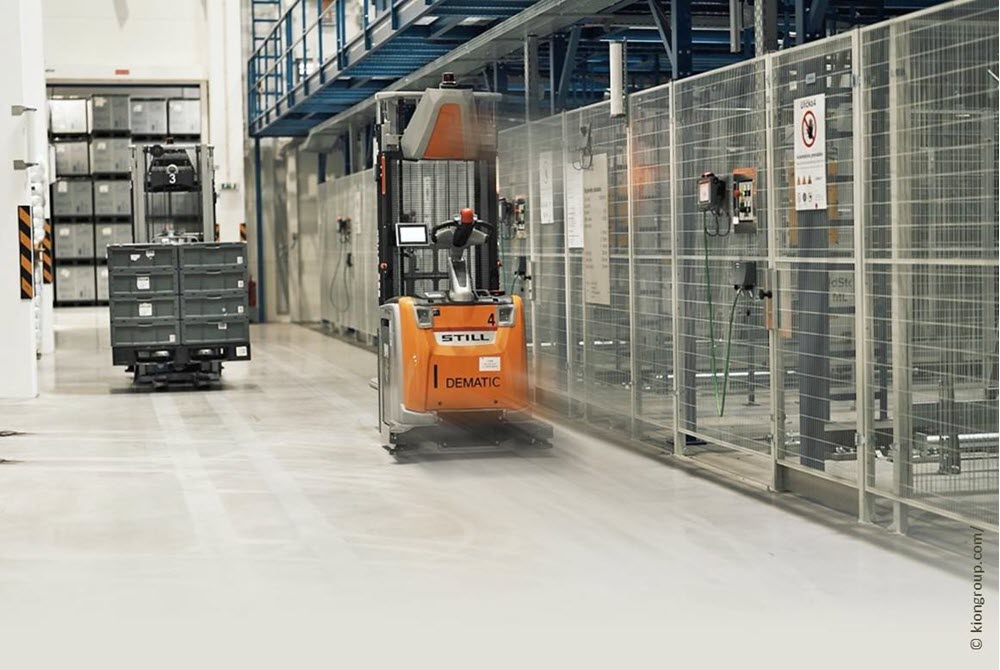
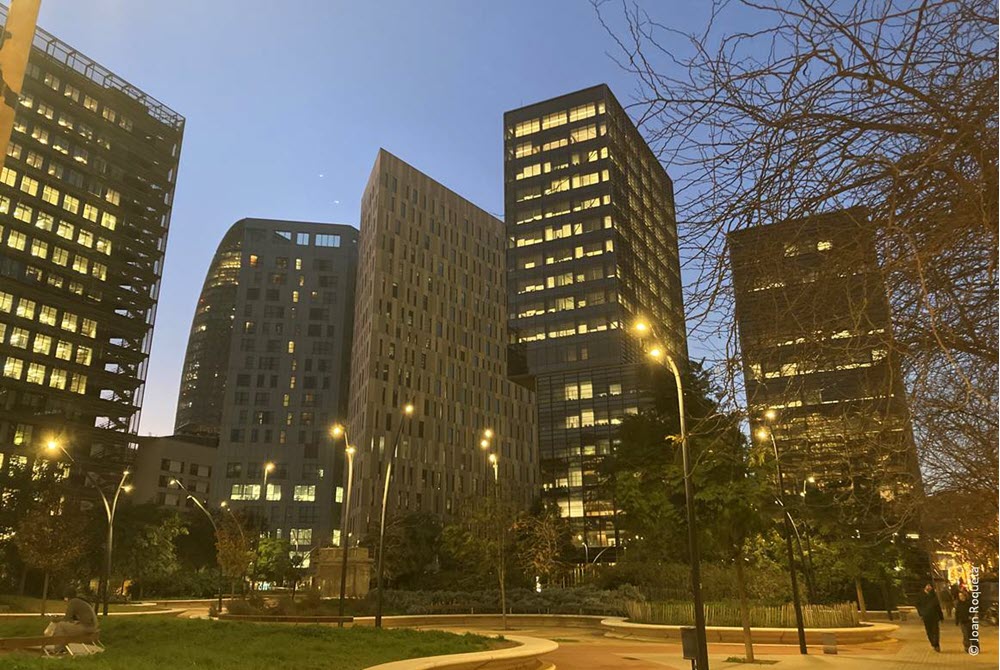
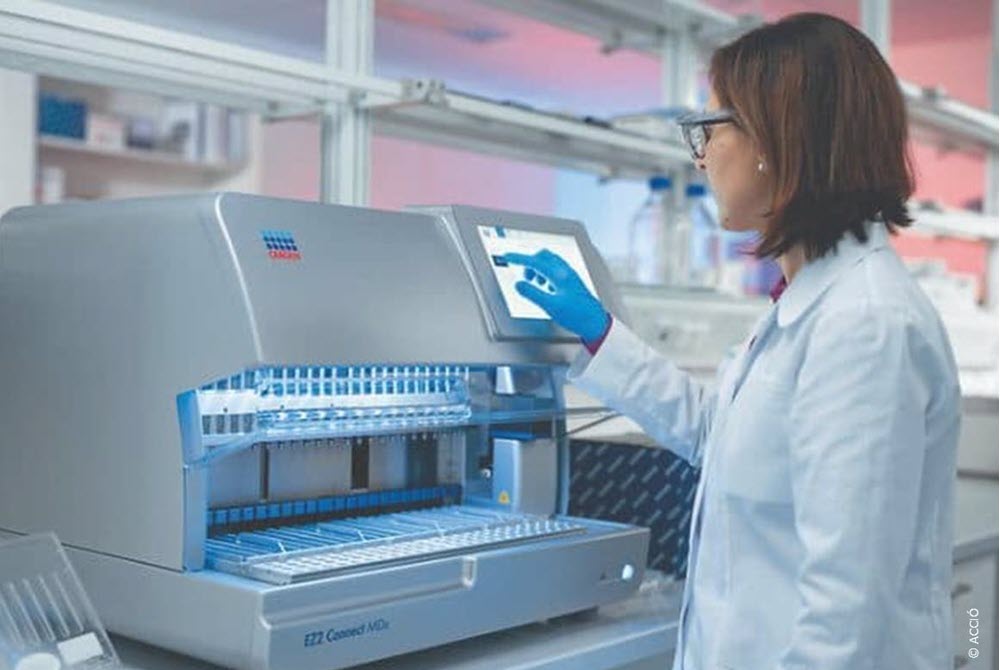
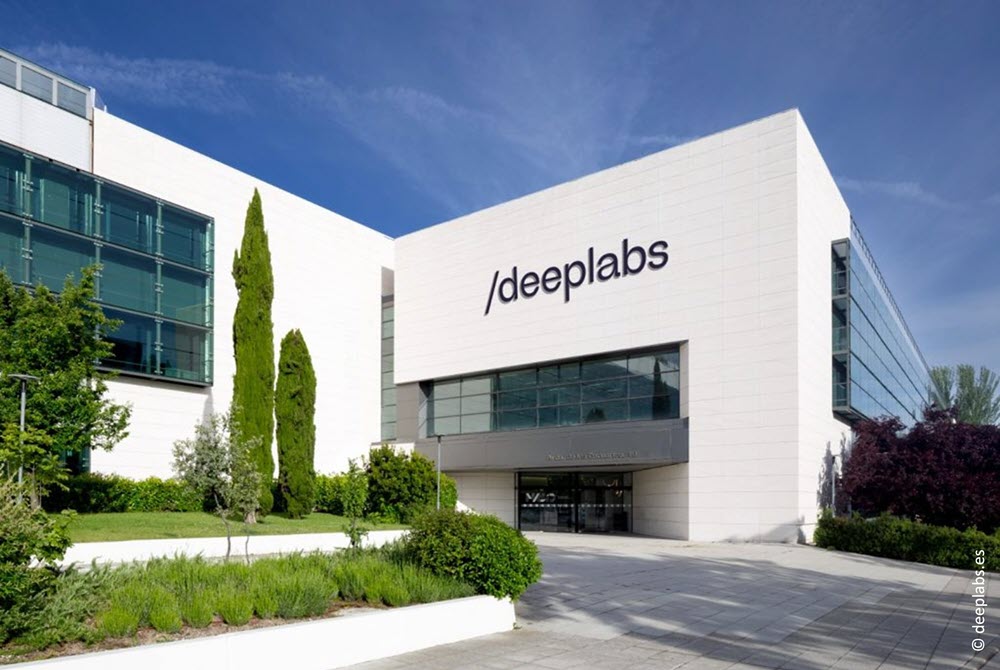
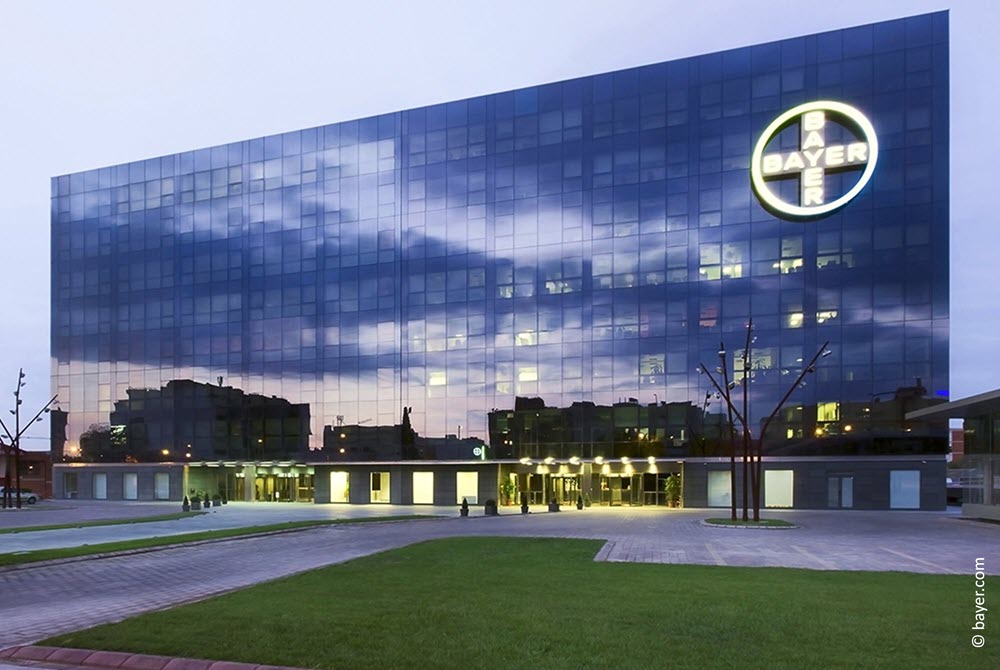
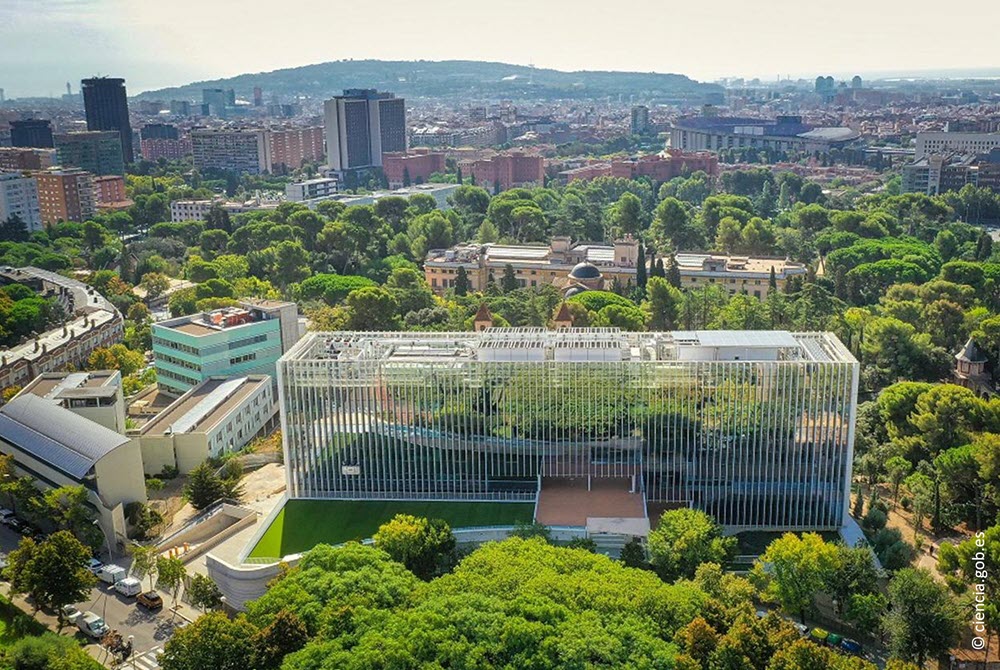
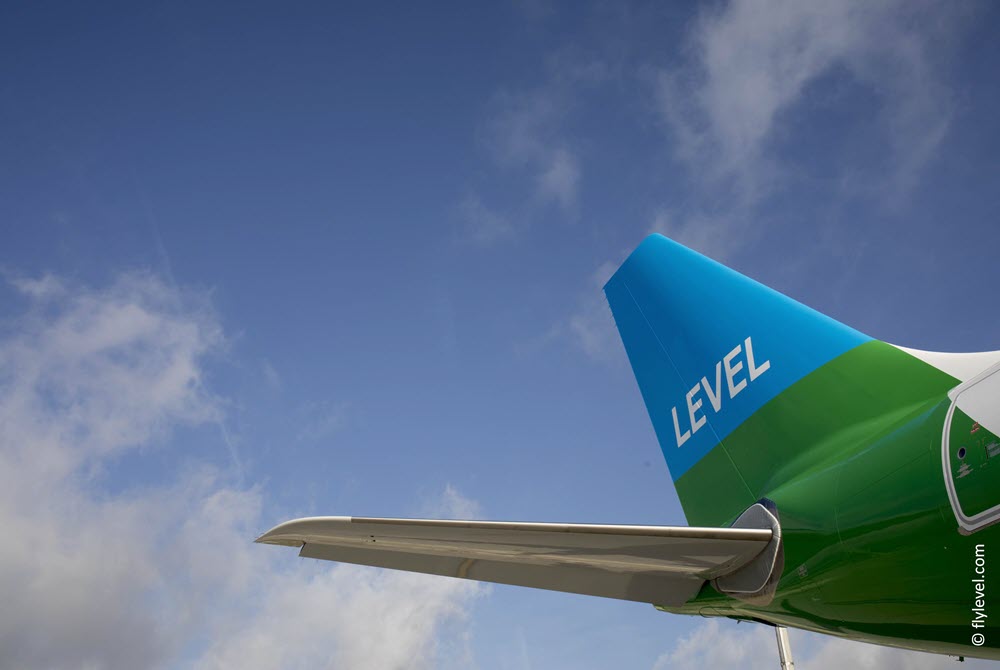
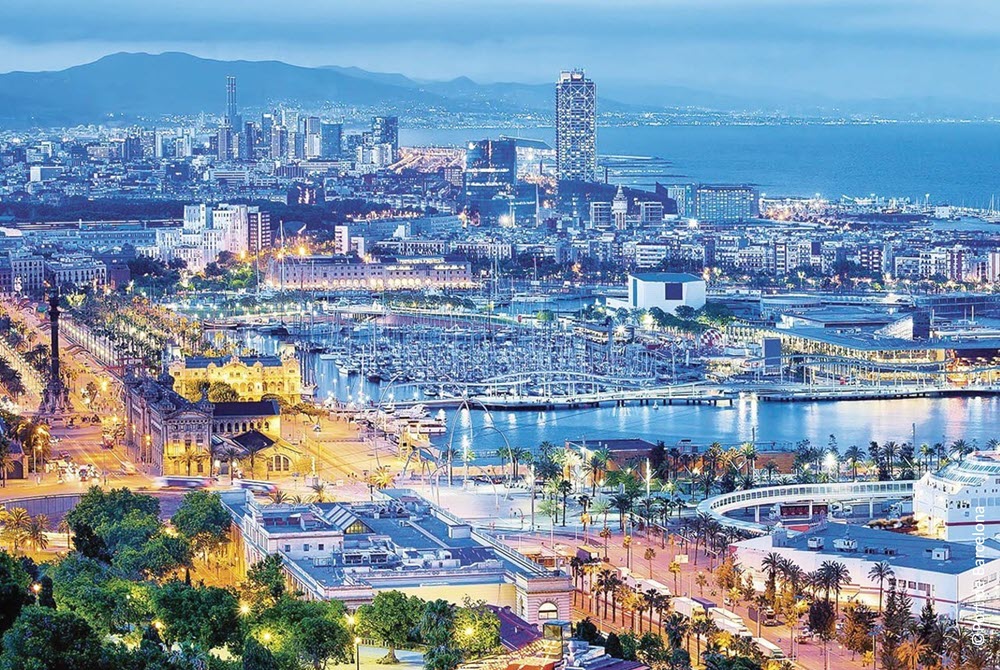
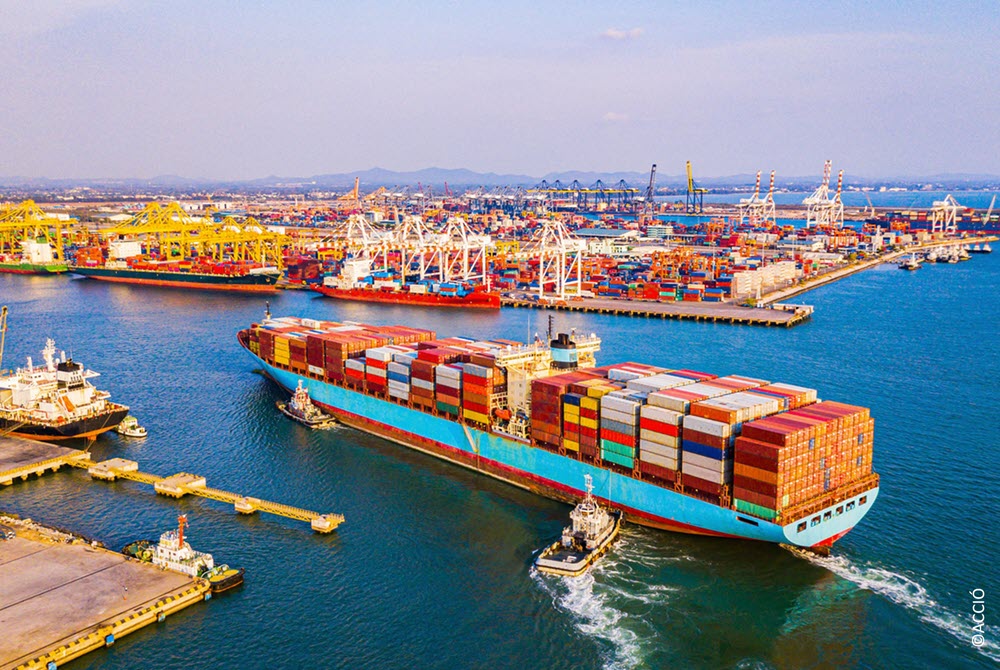

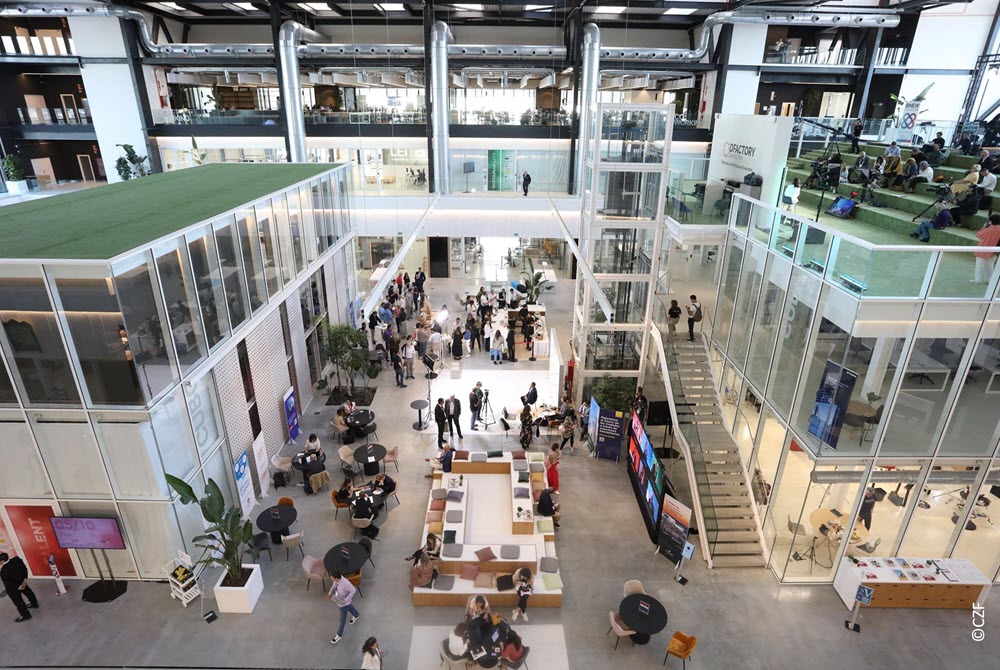

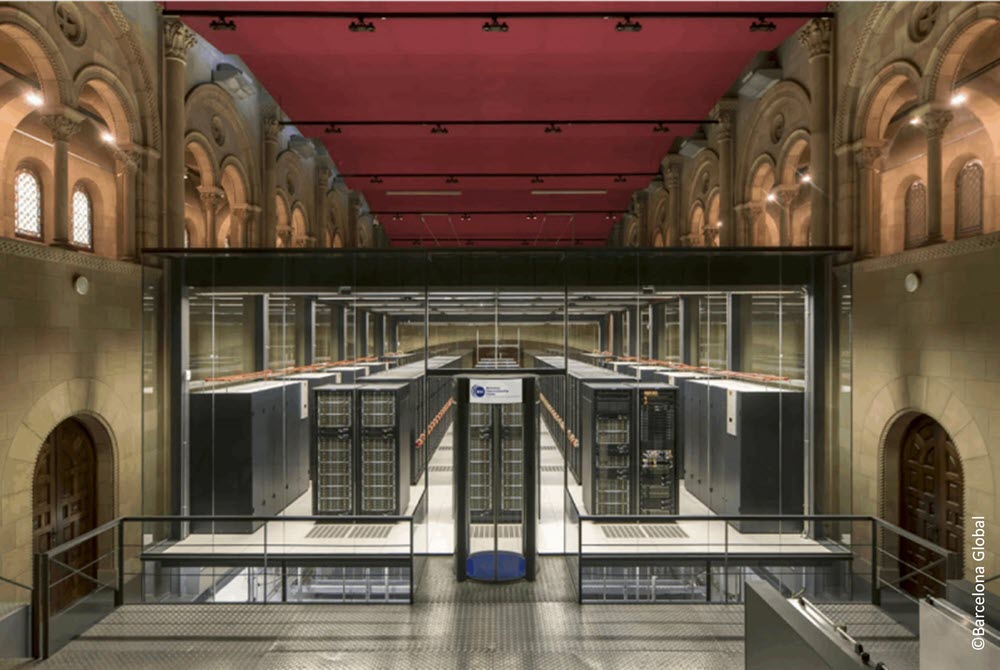
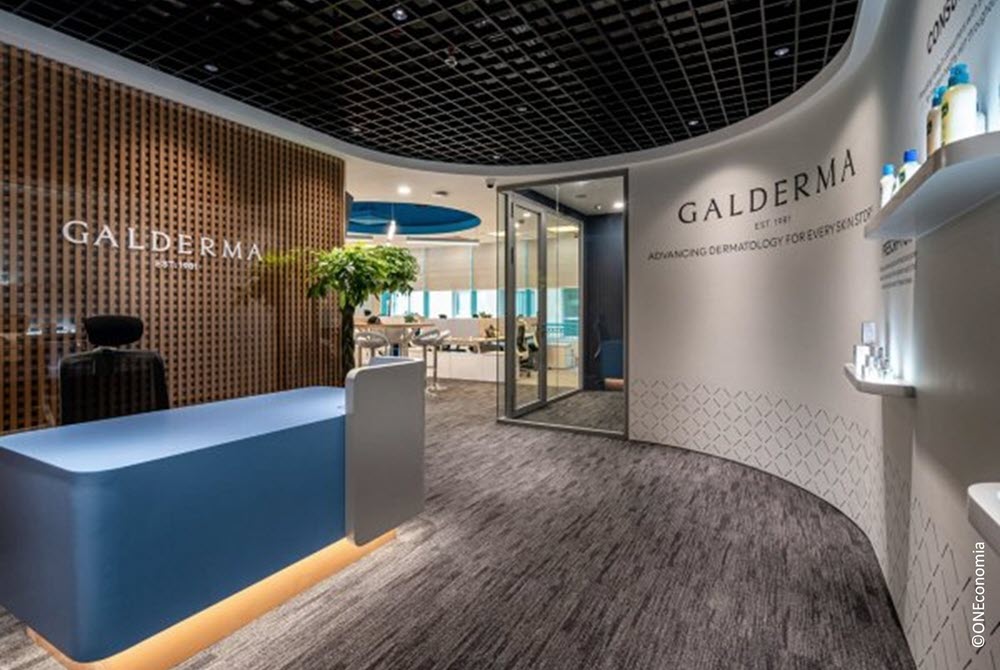
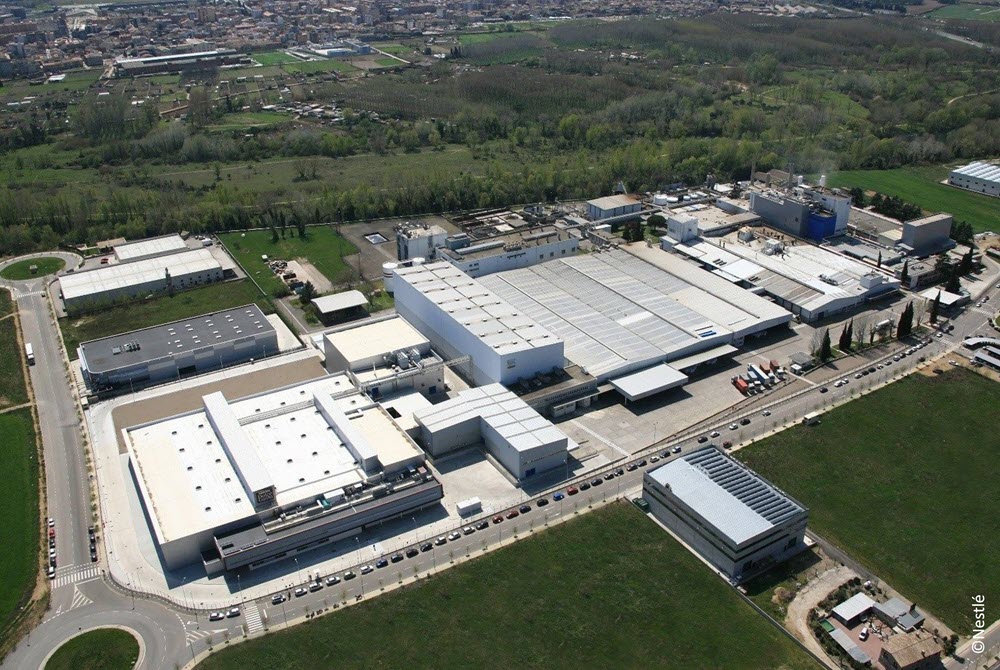
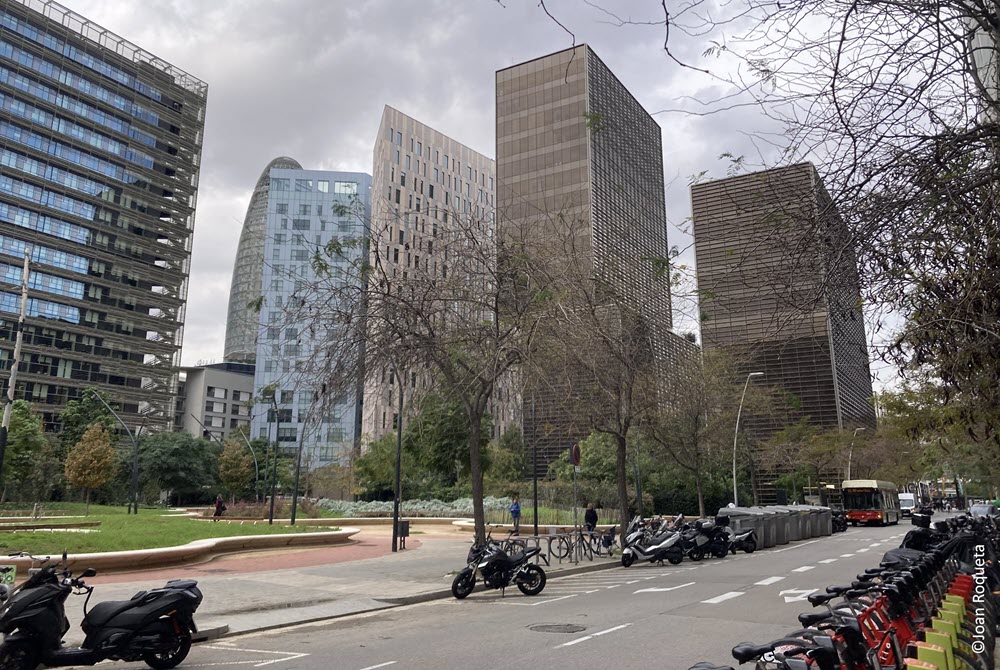
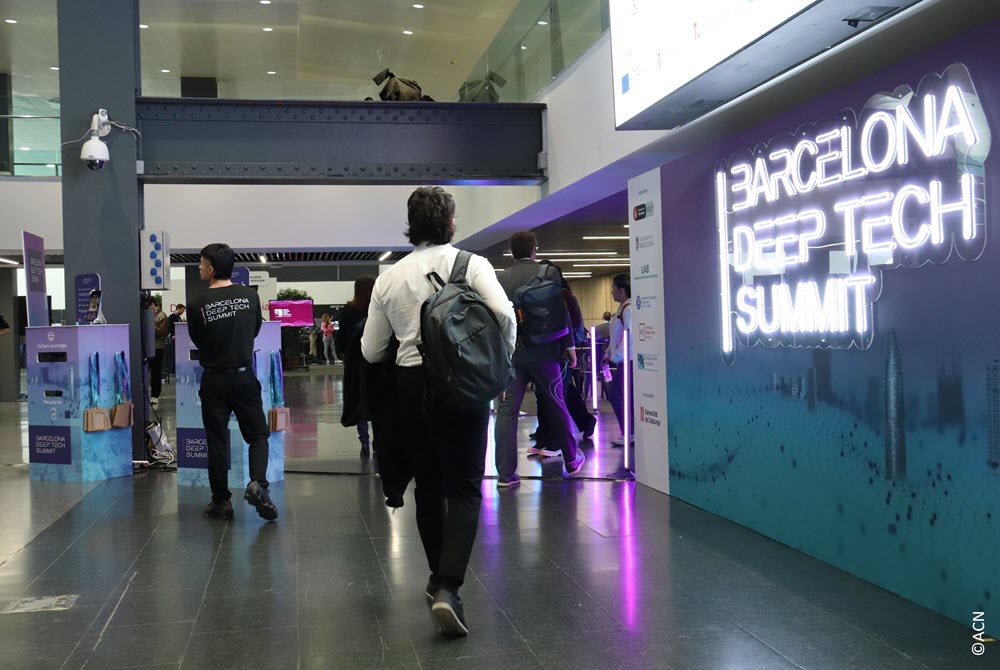
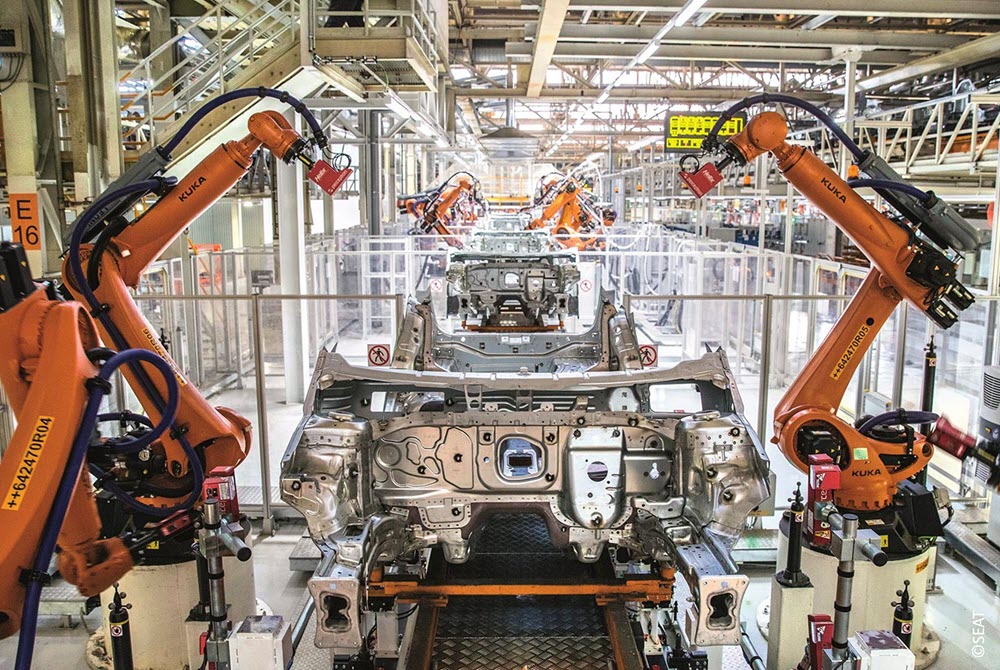
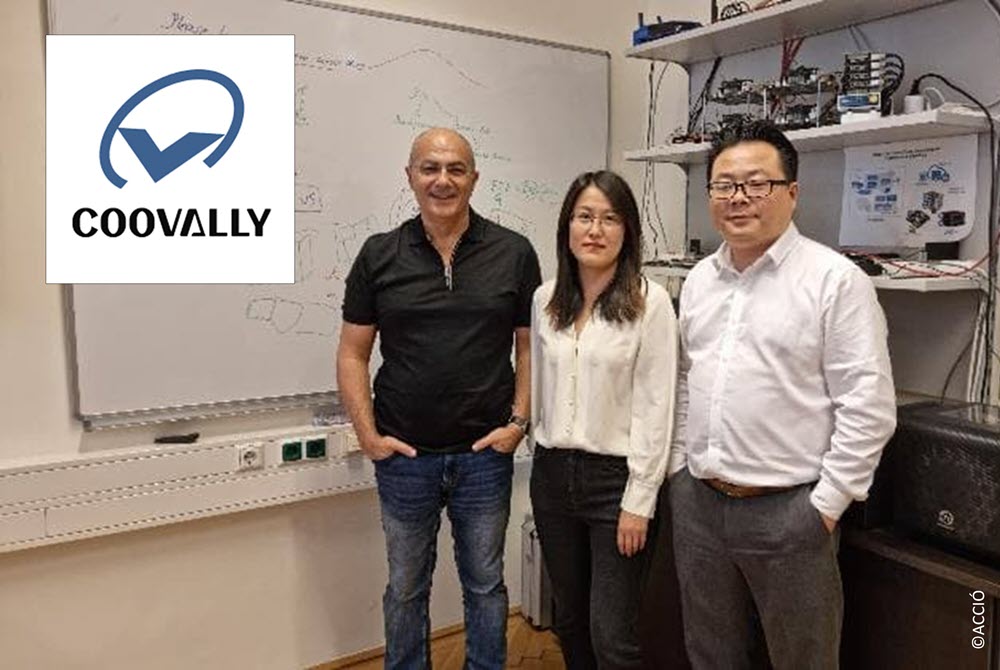
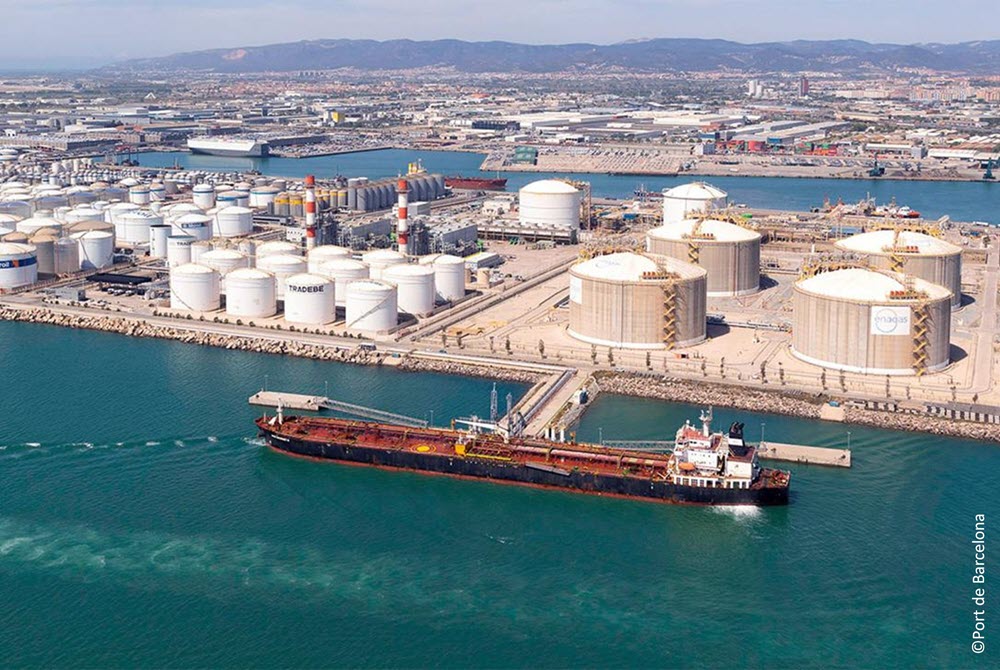
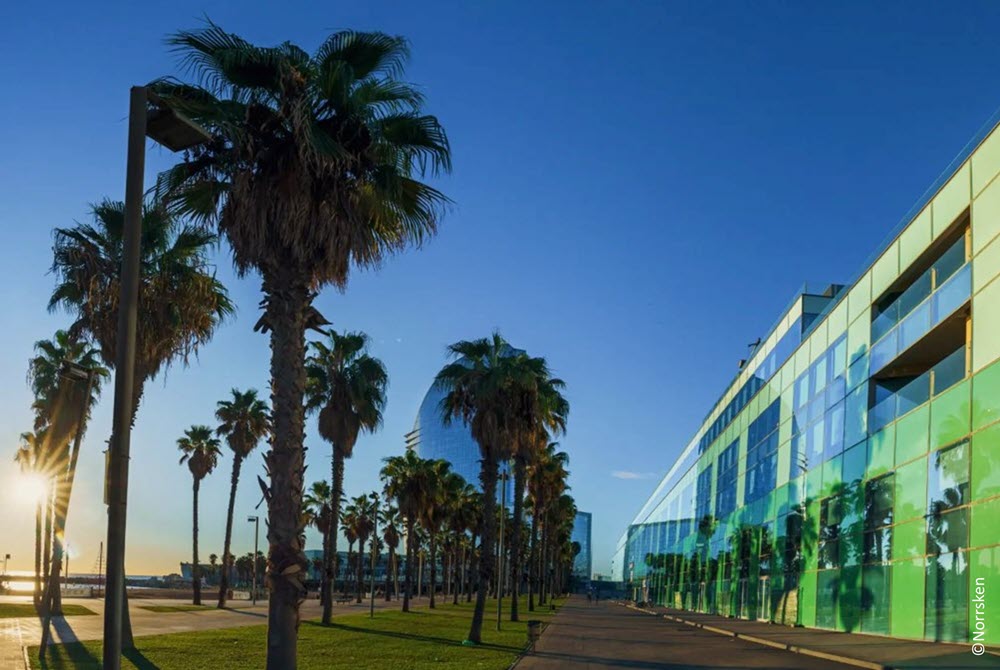
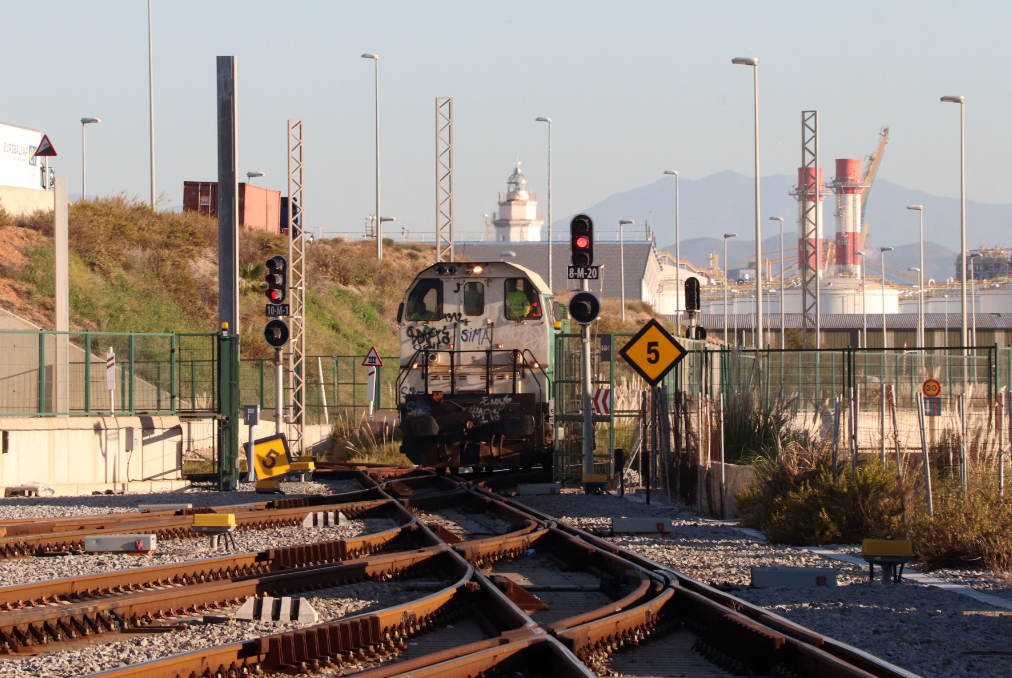
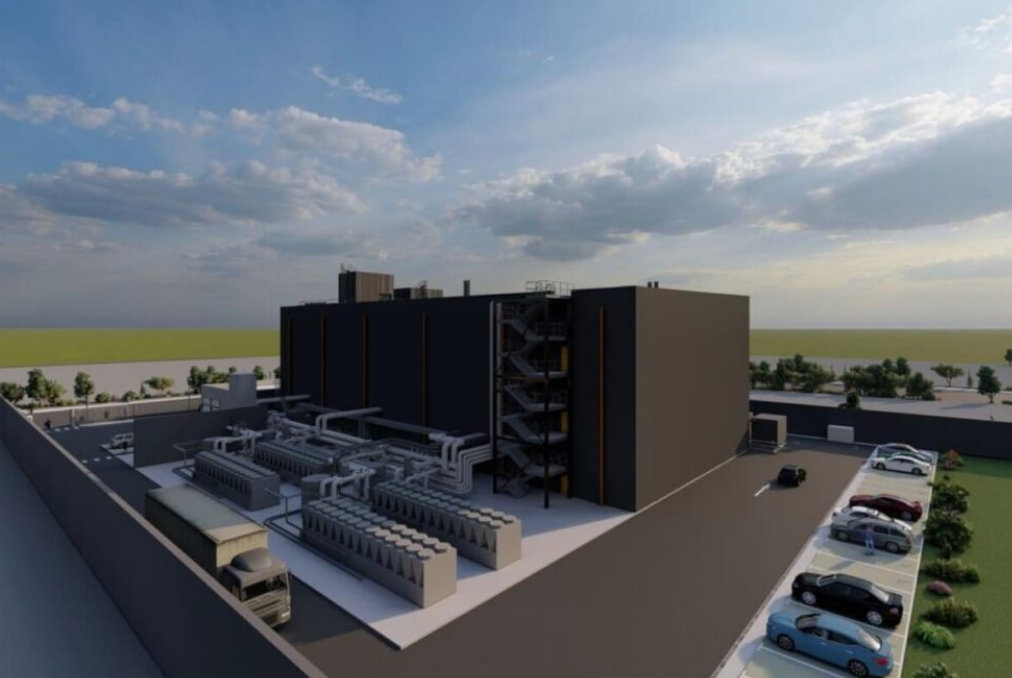
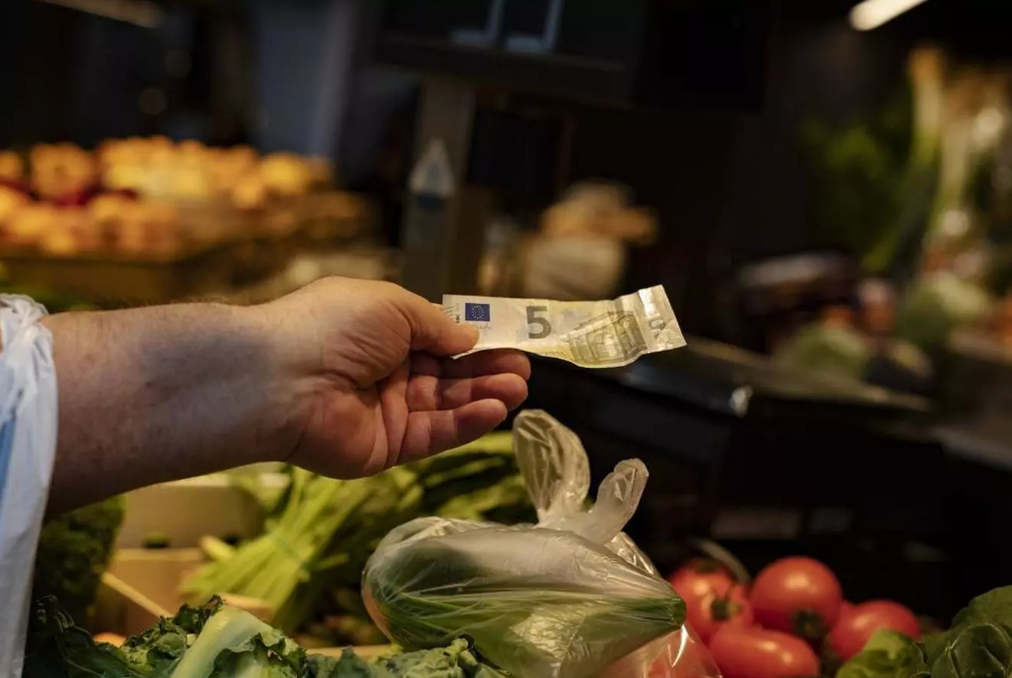
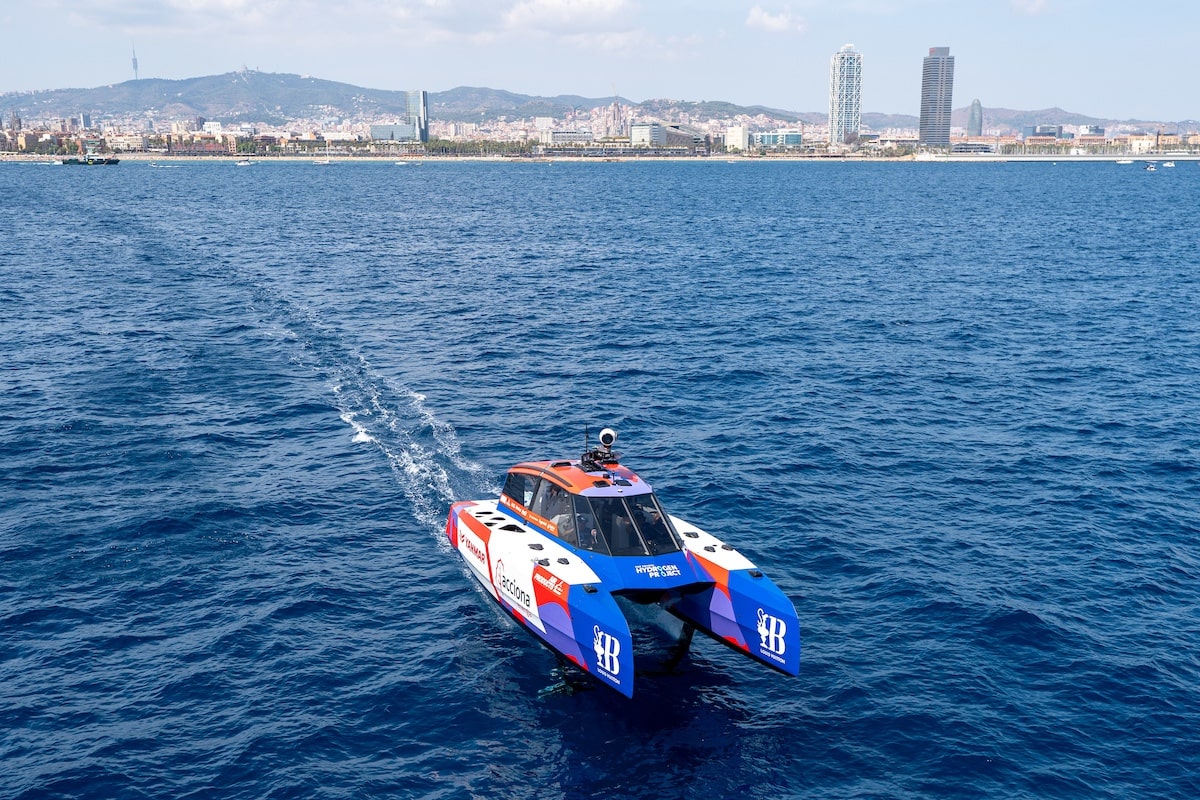

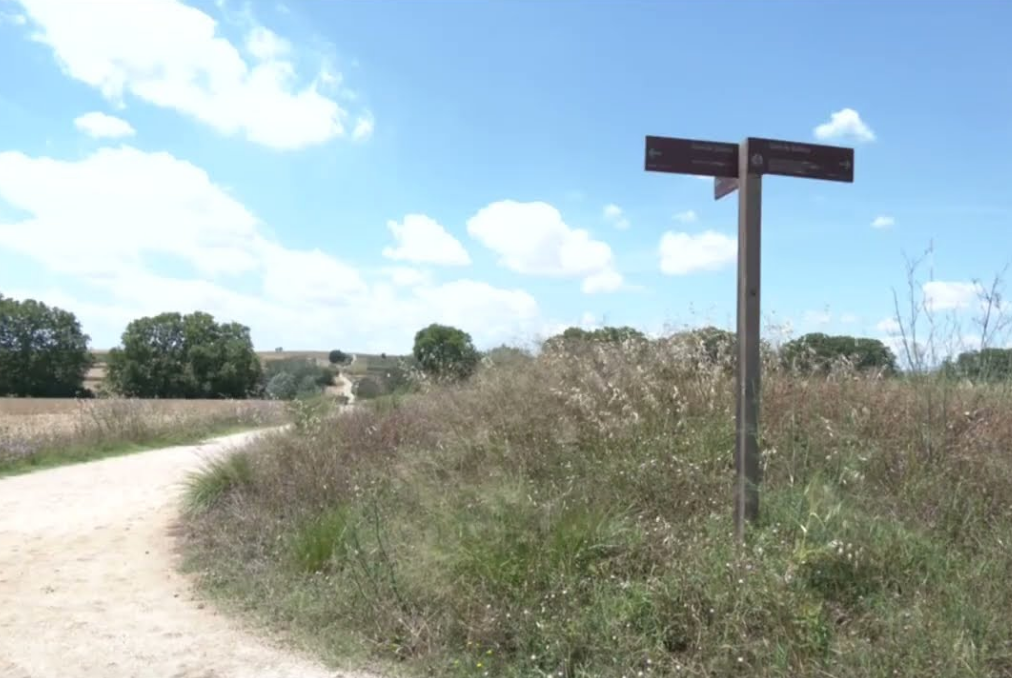
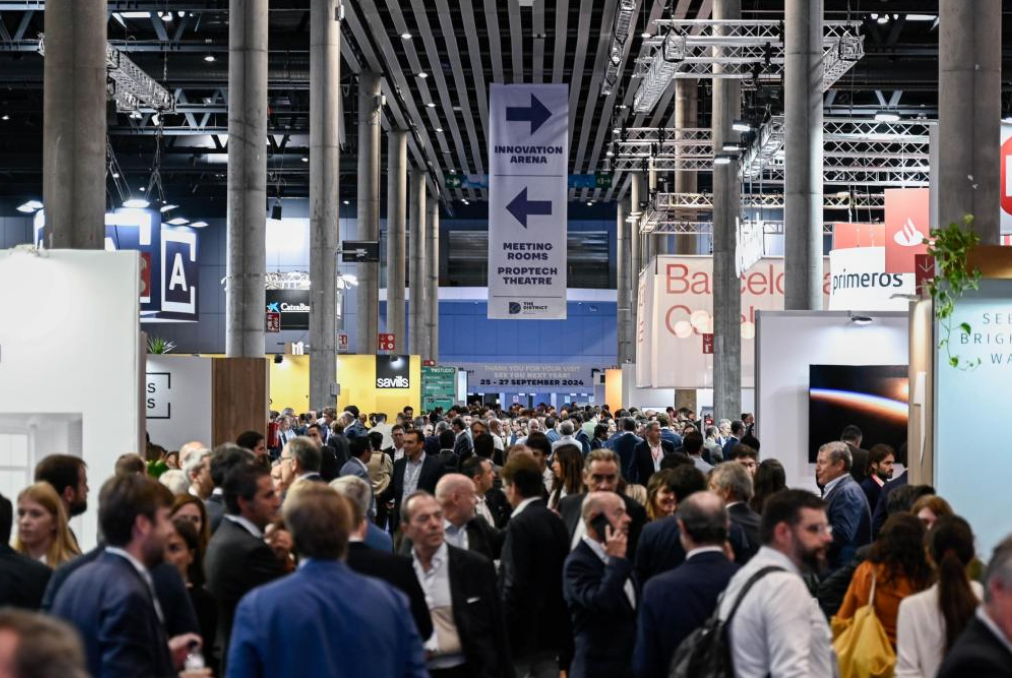
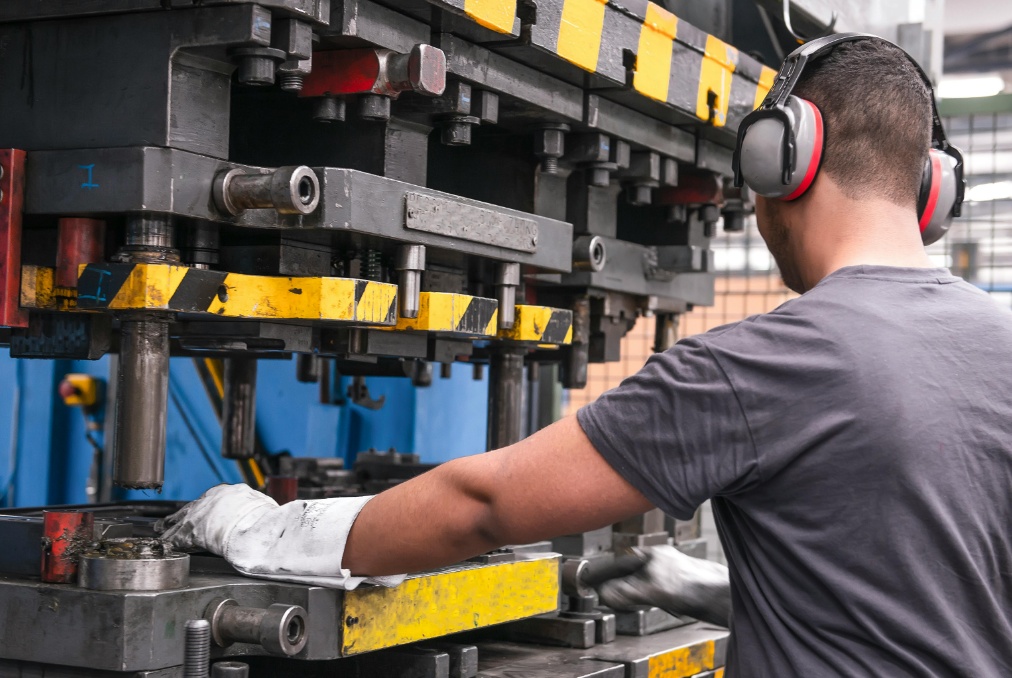













Subscribe to our Newsletter
Subscribe
Follow us on social